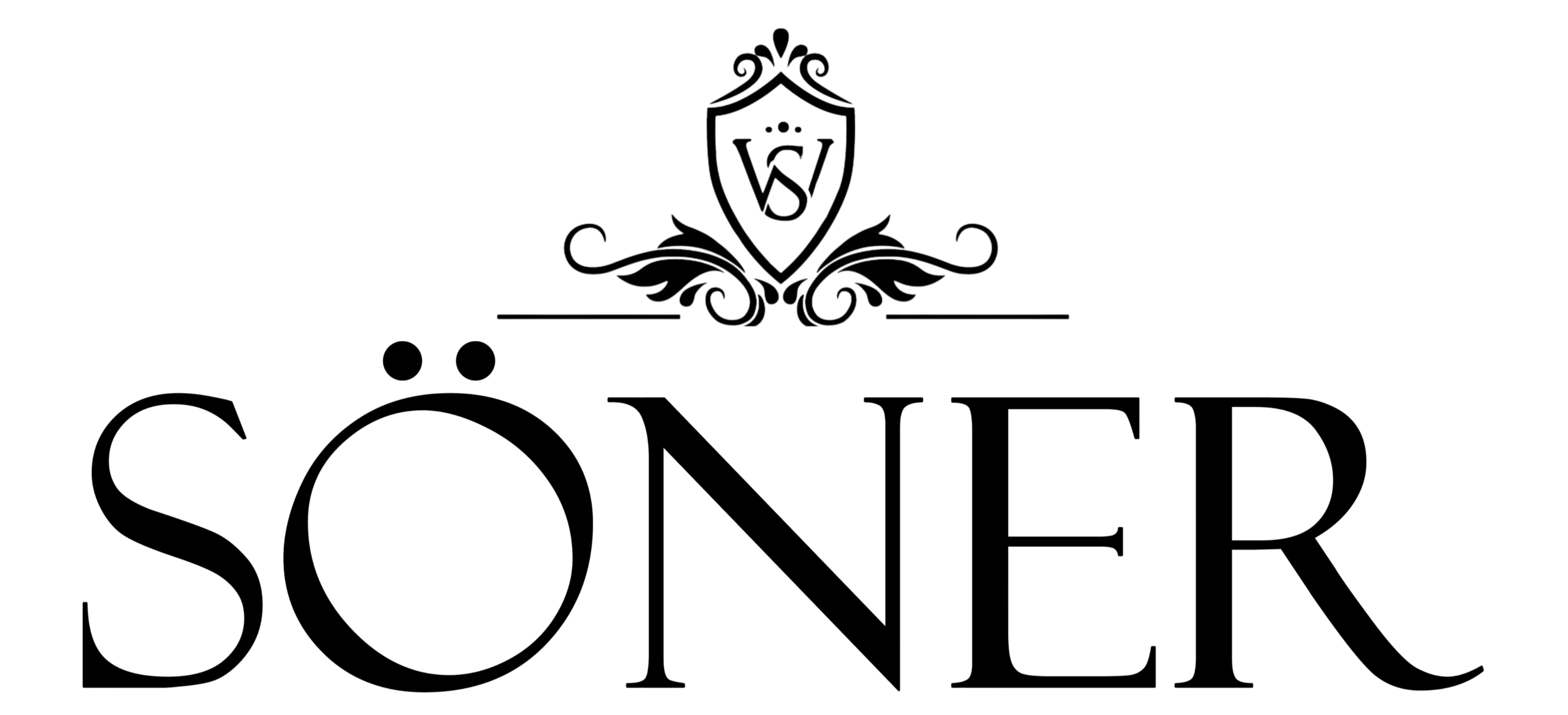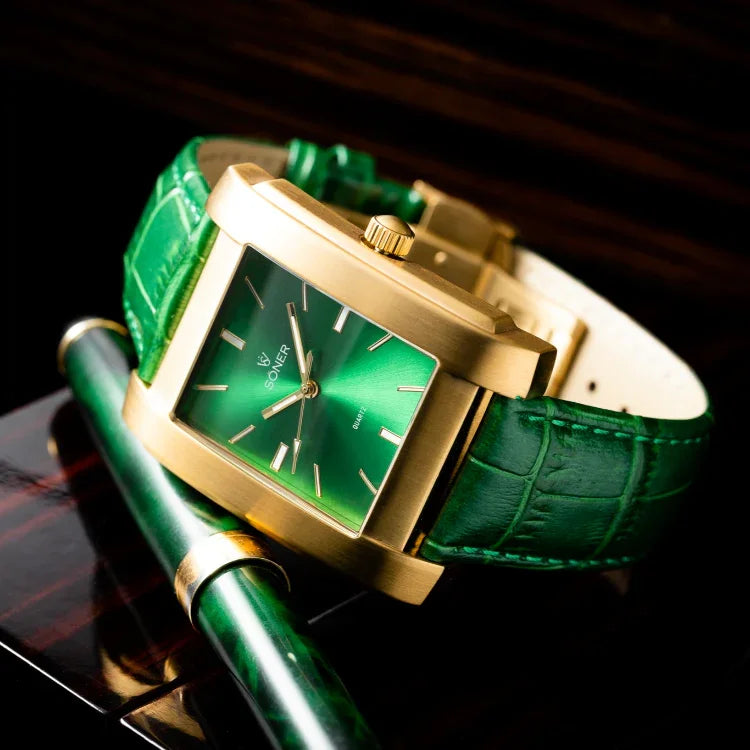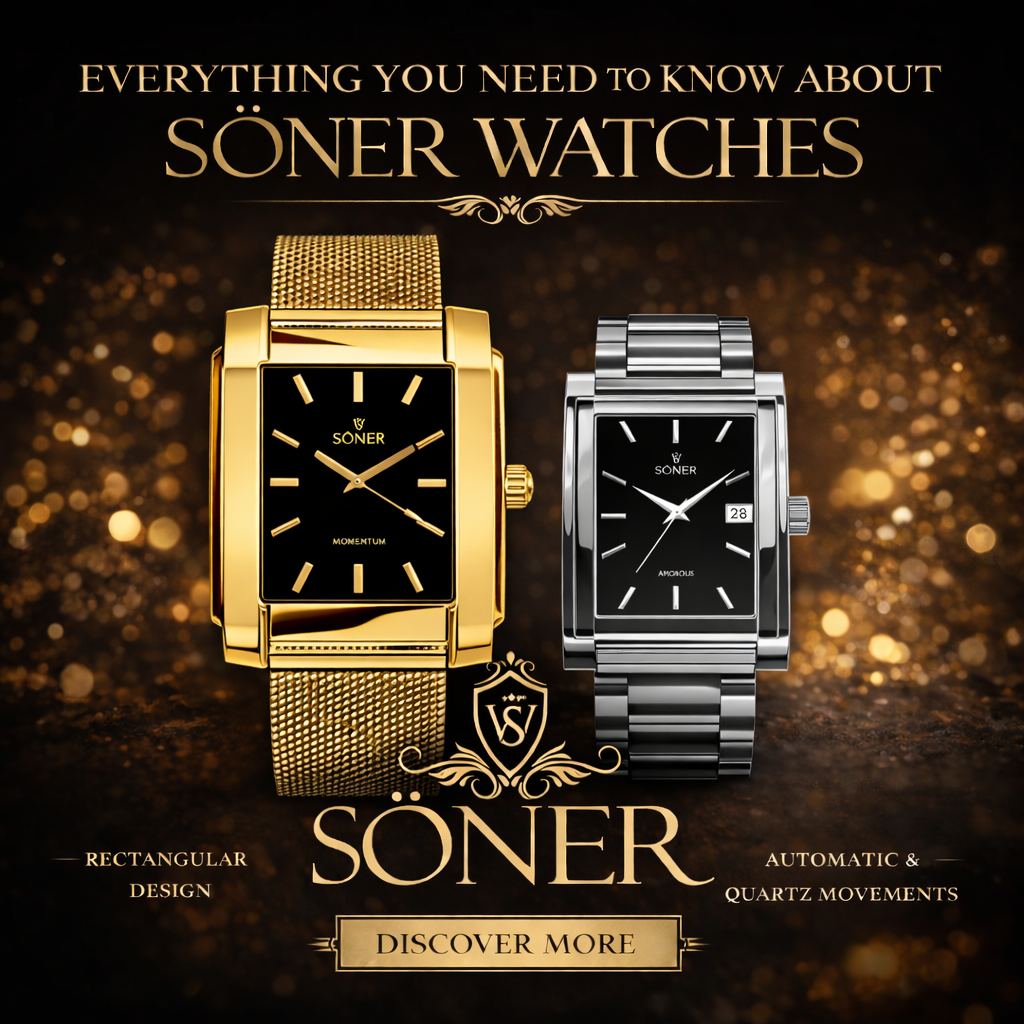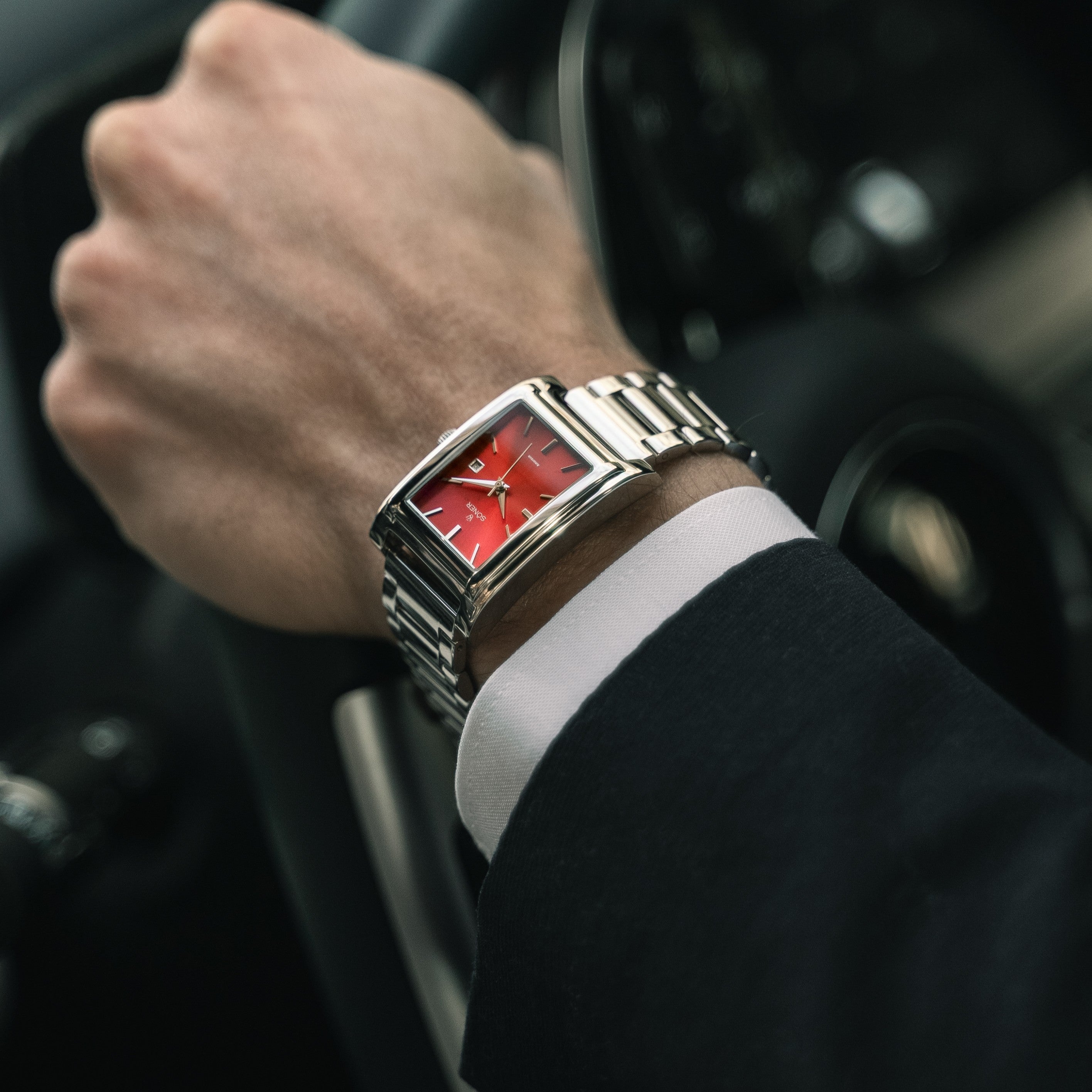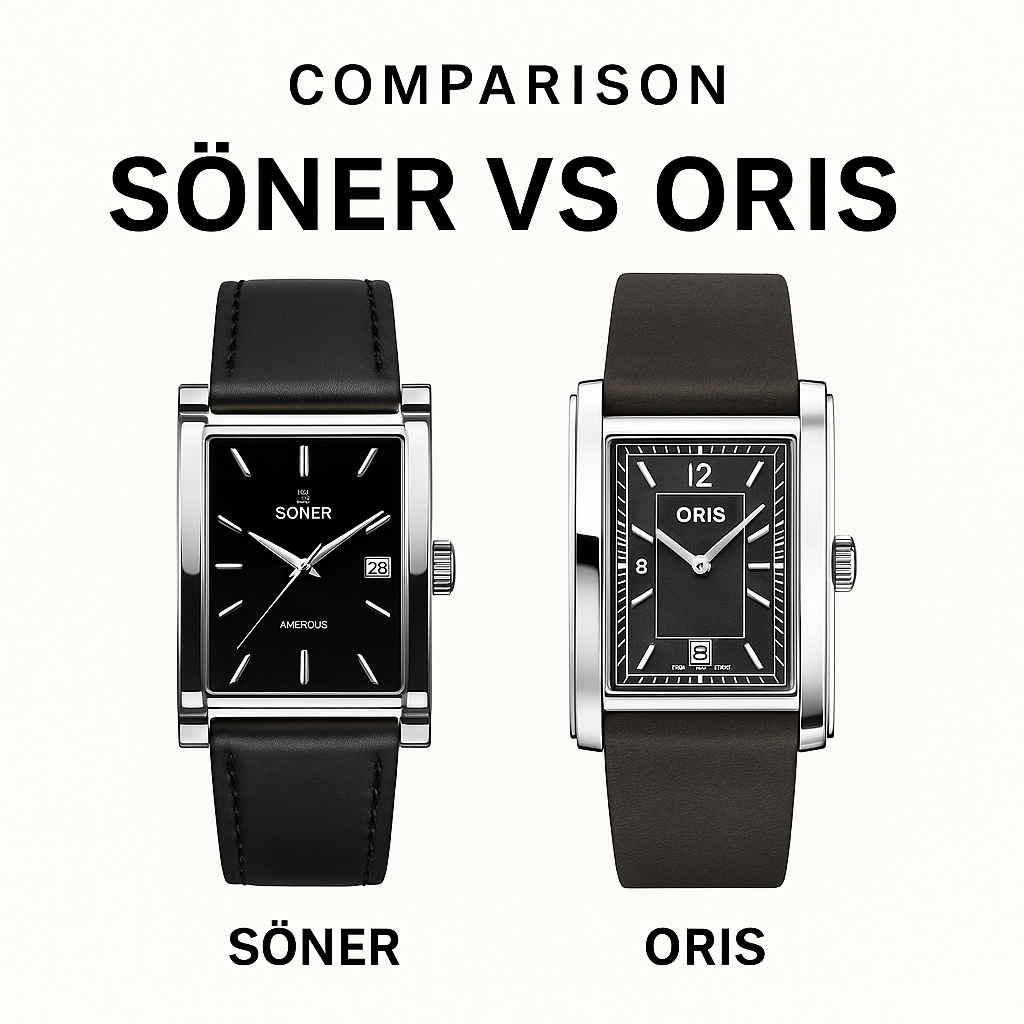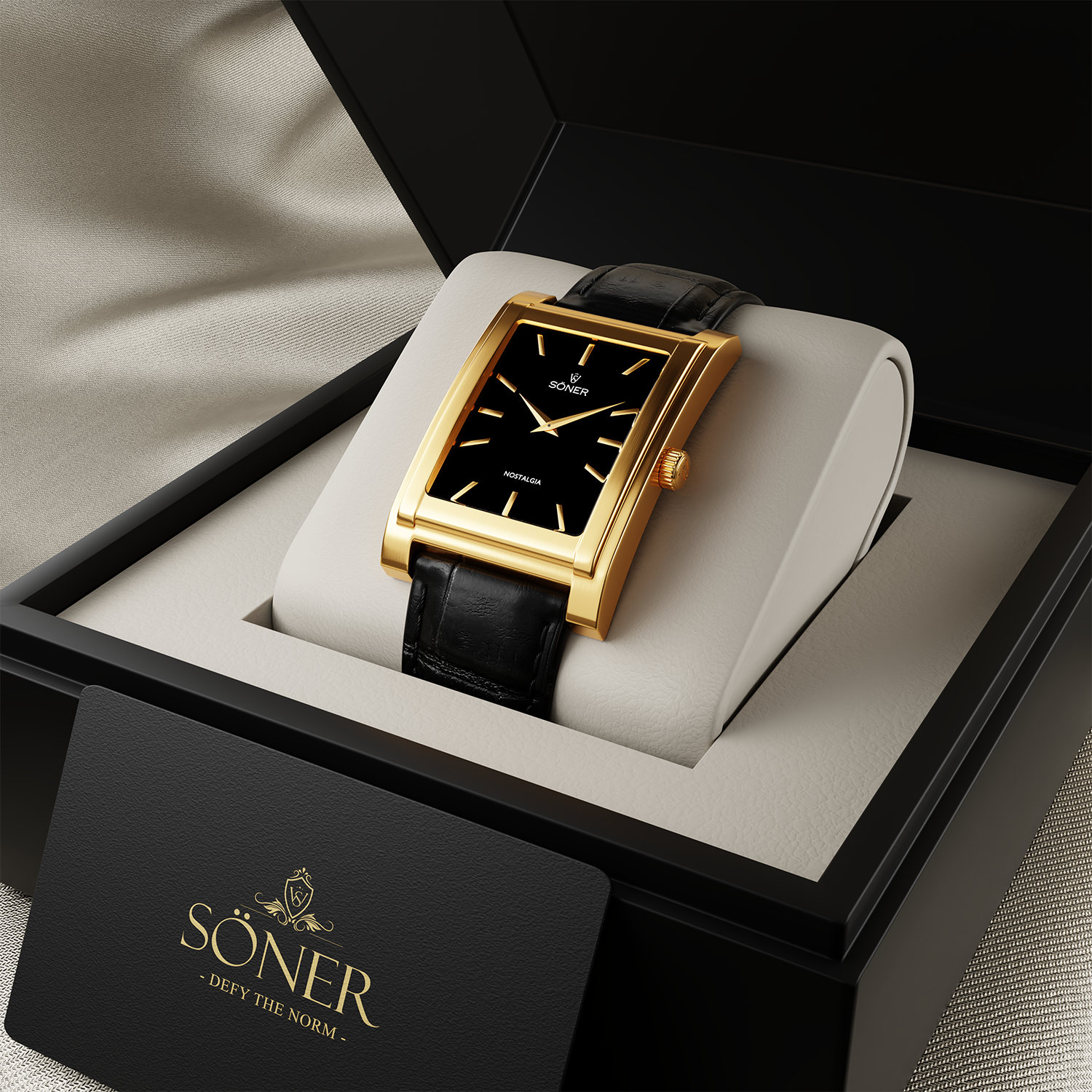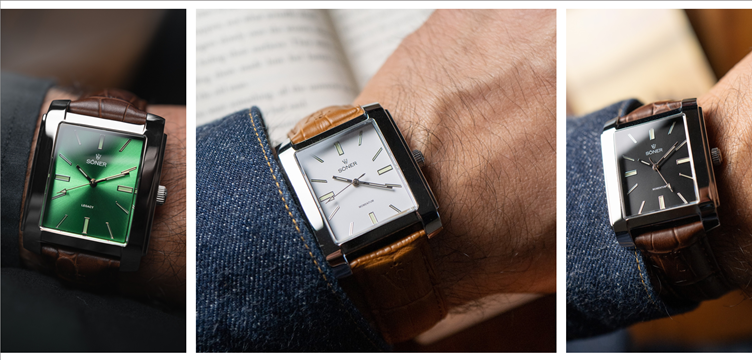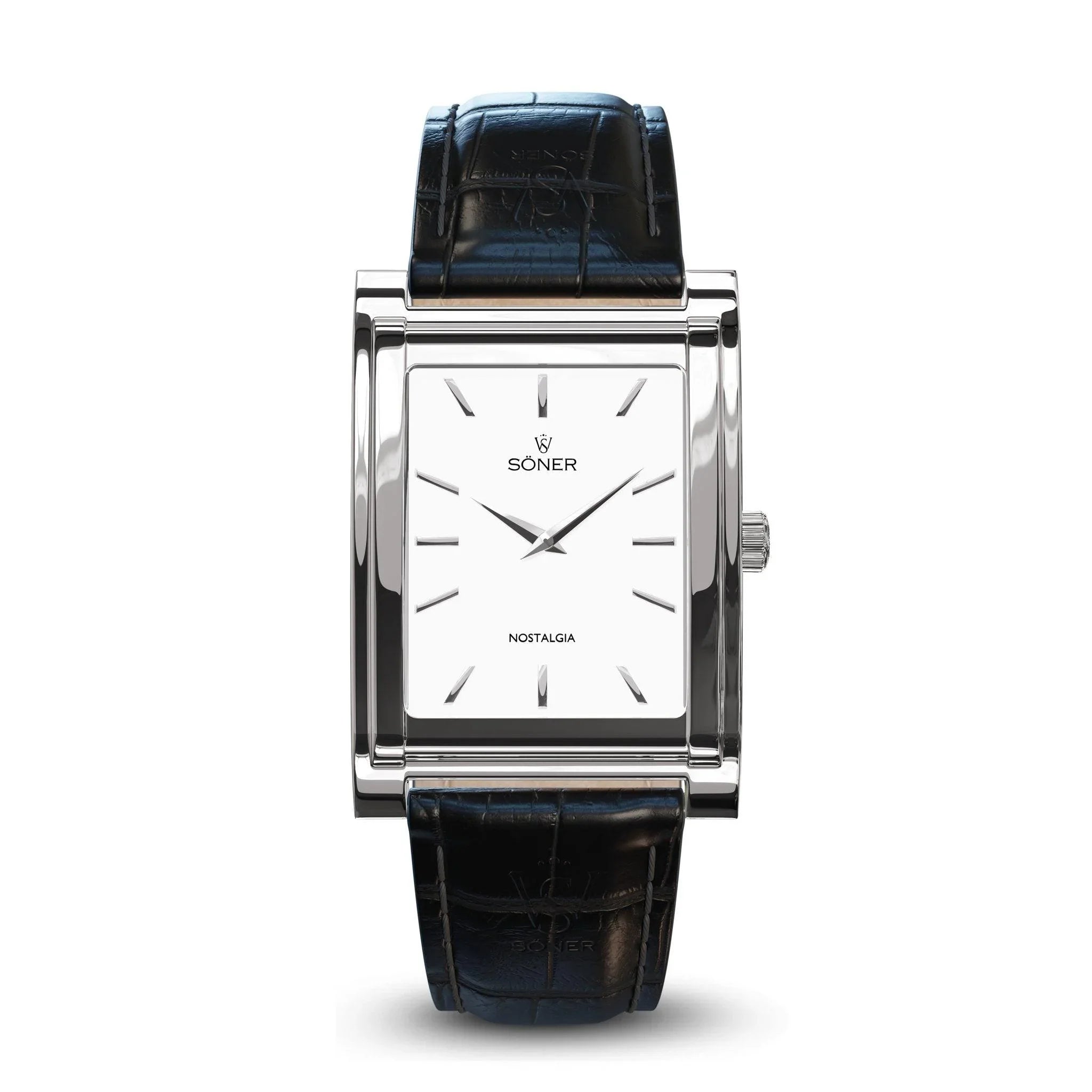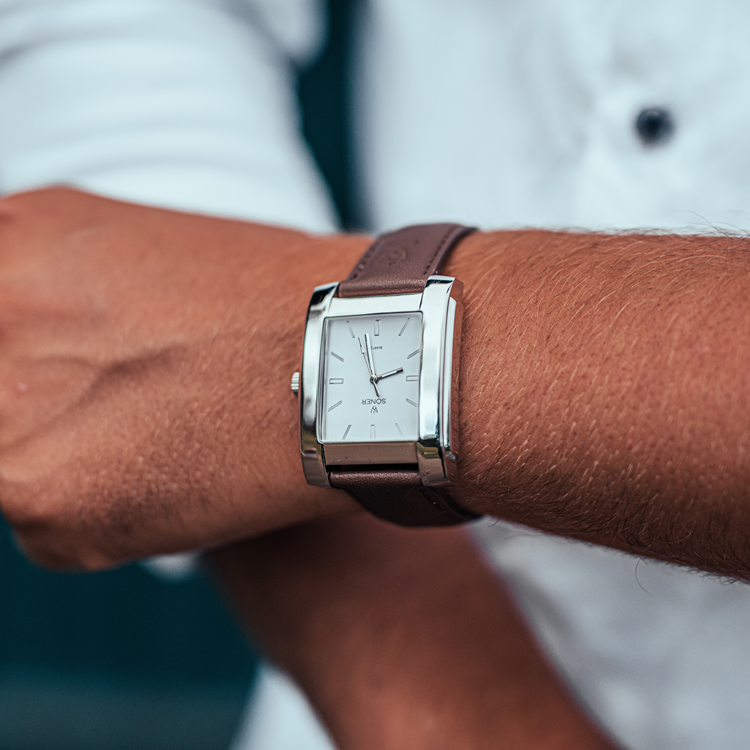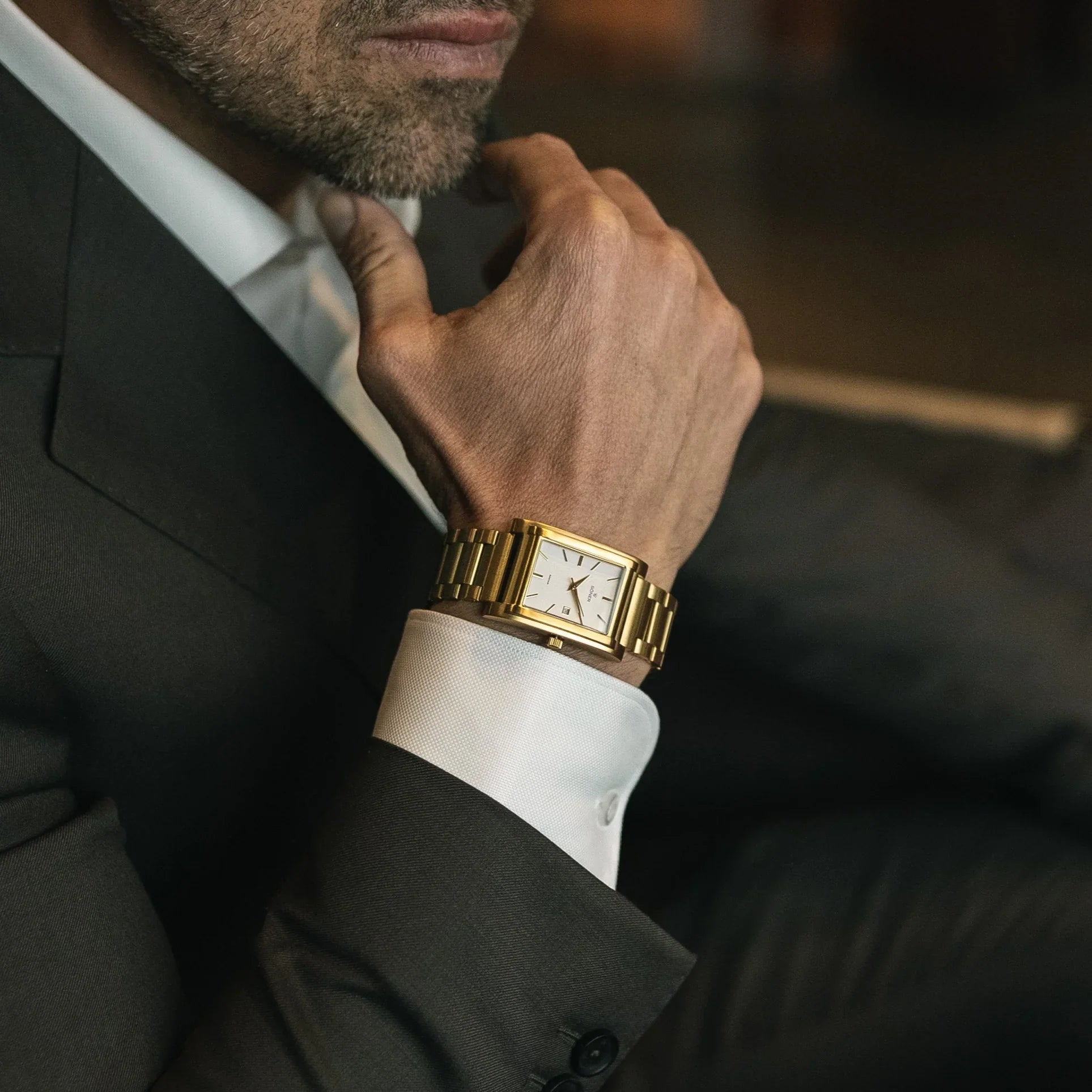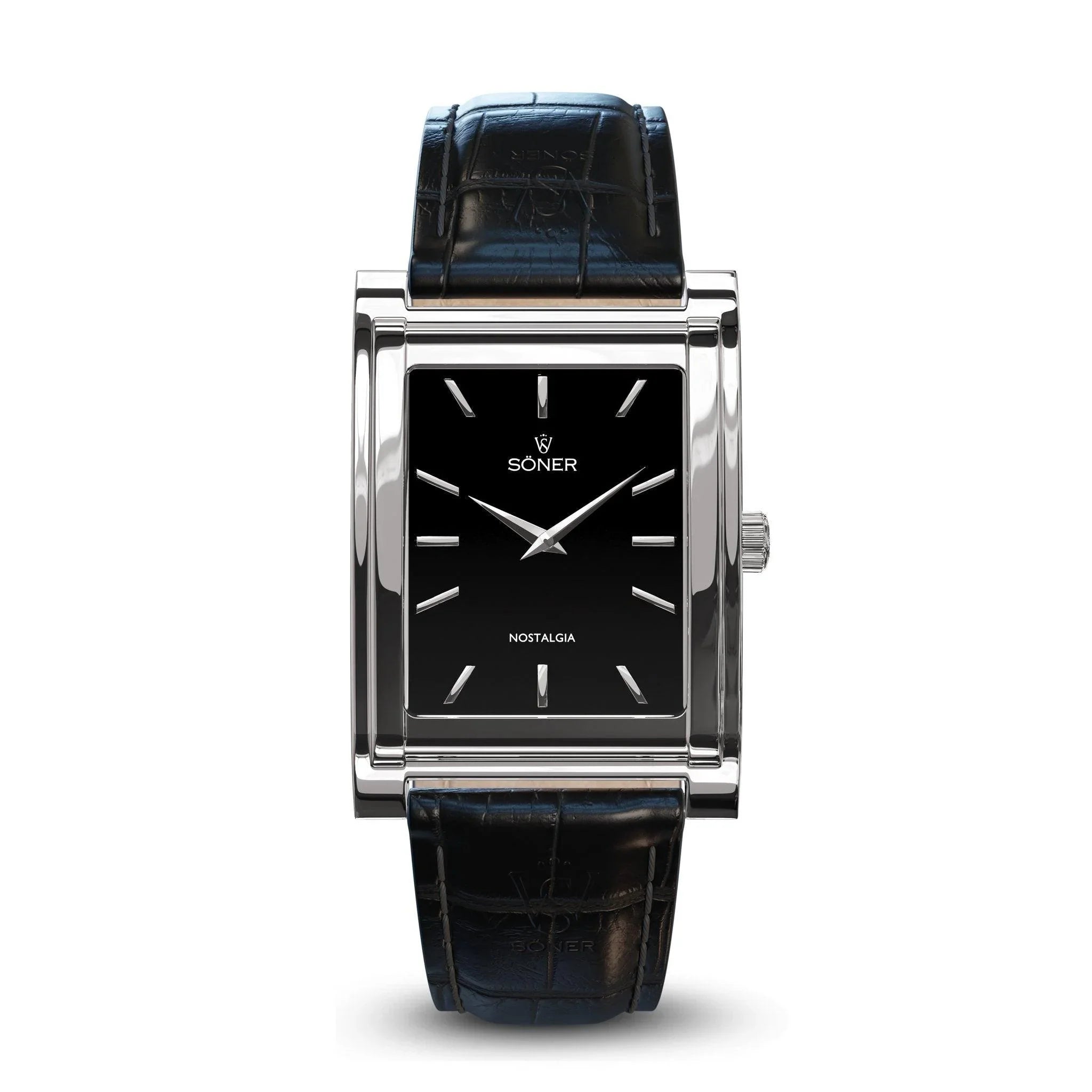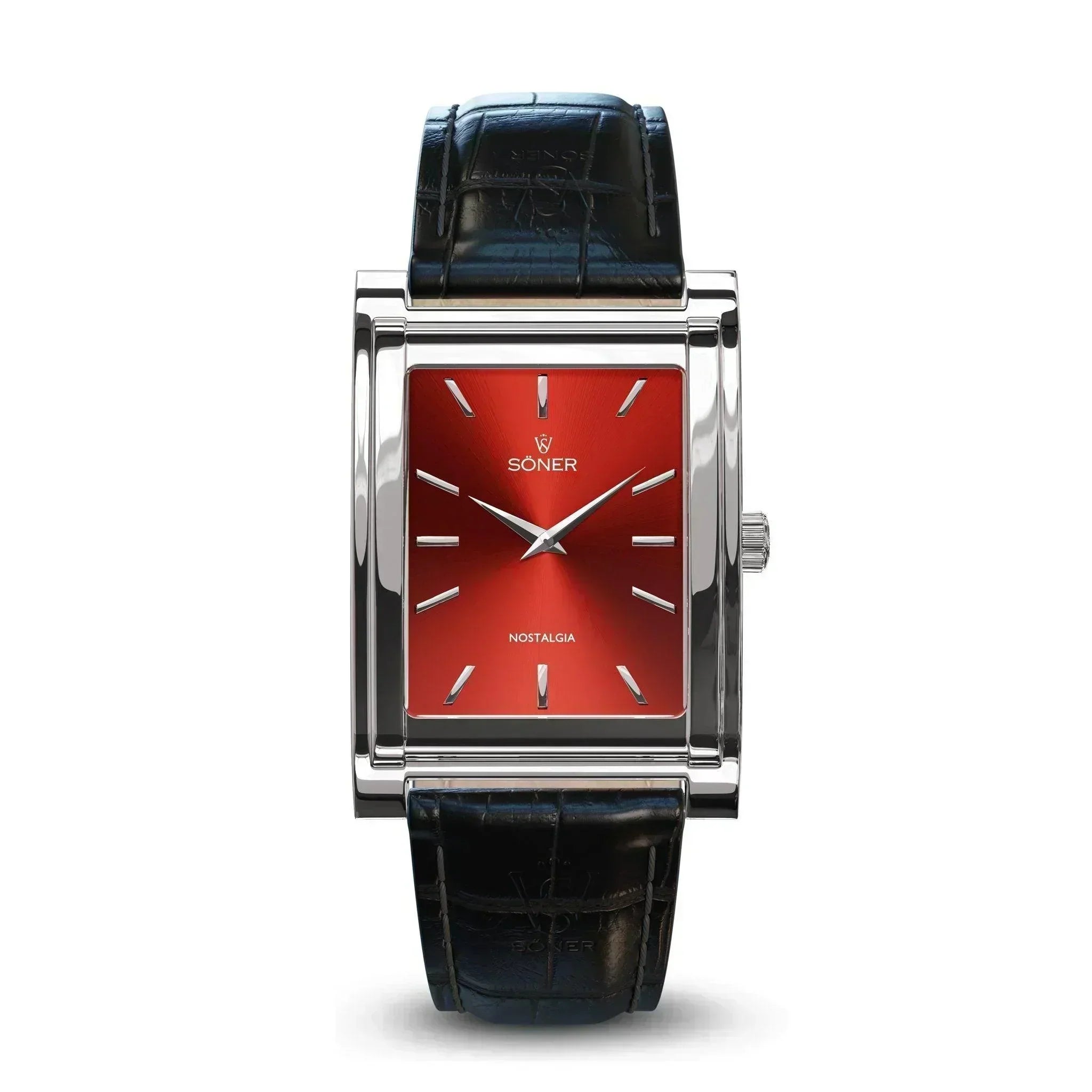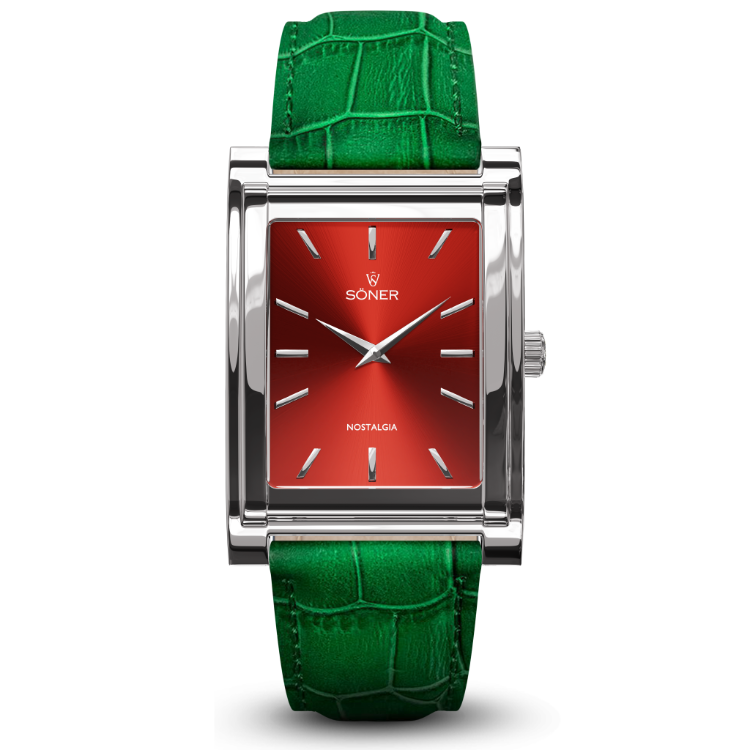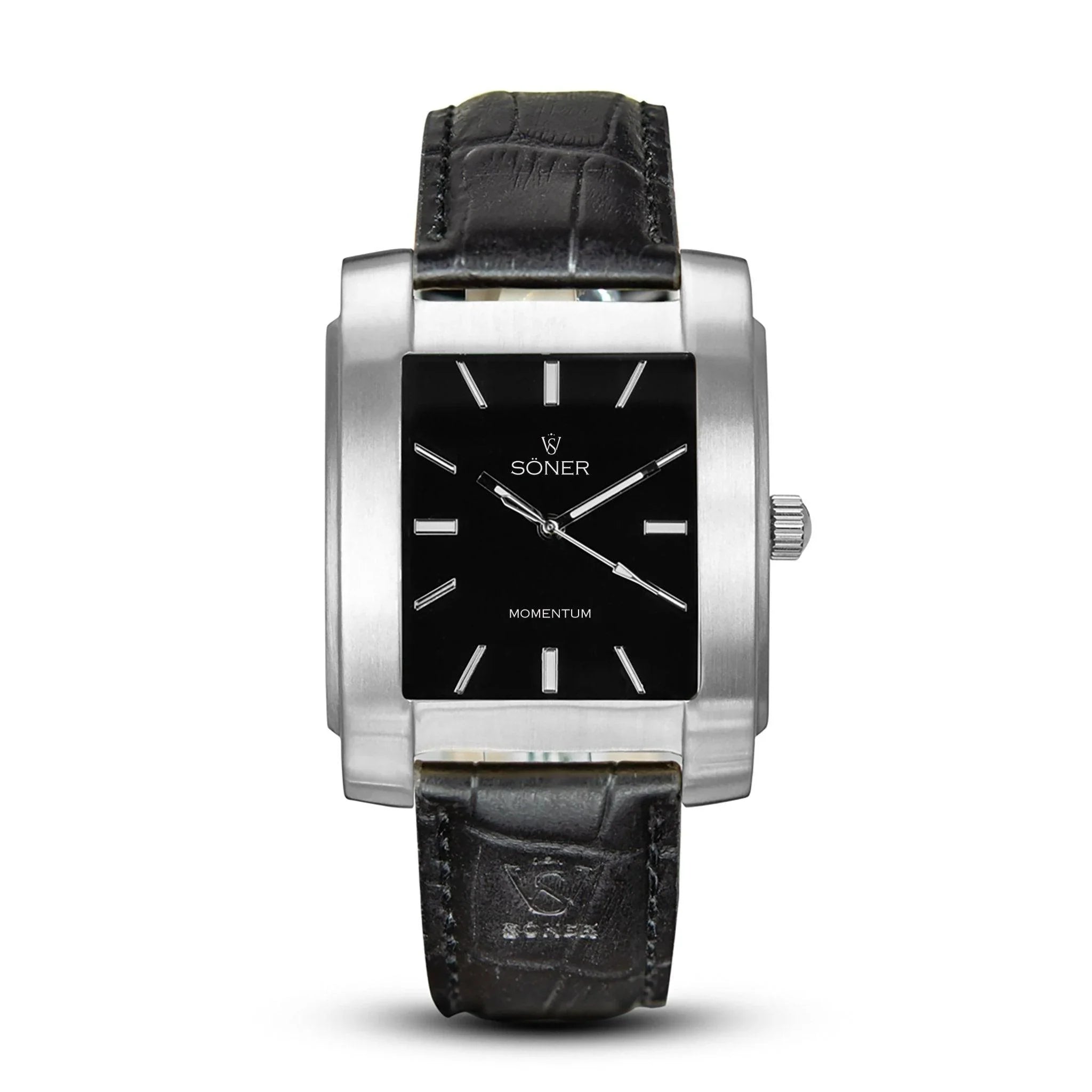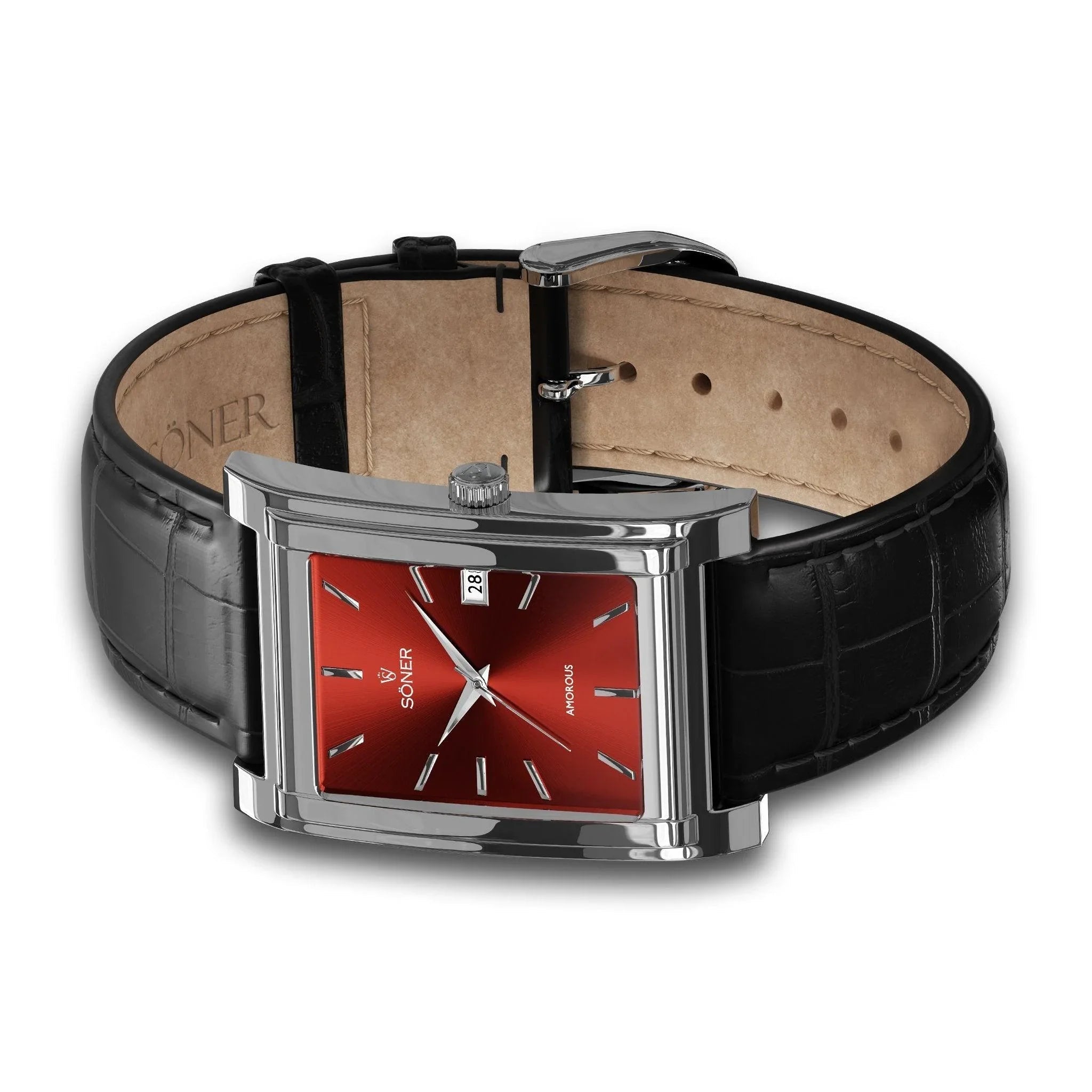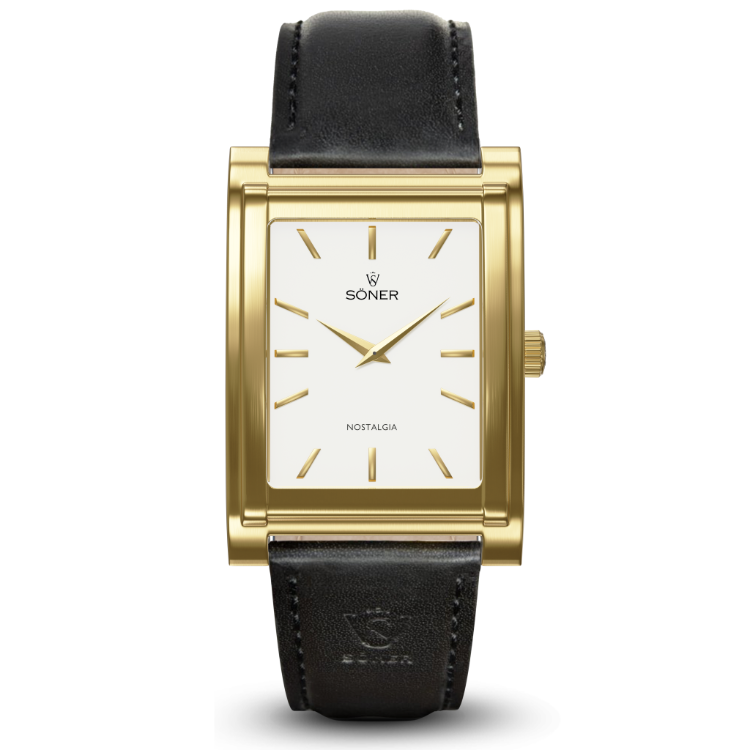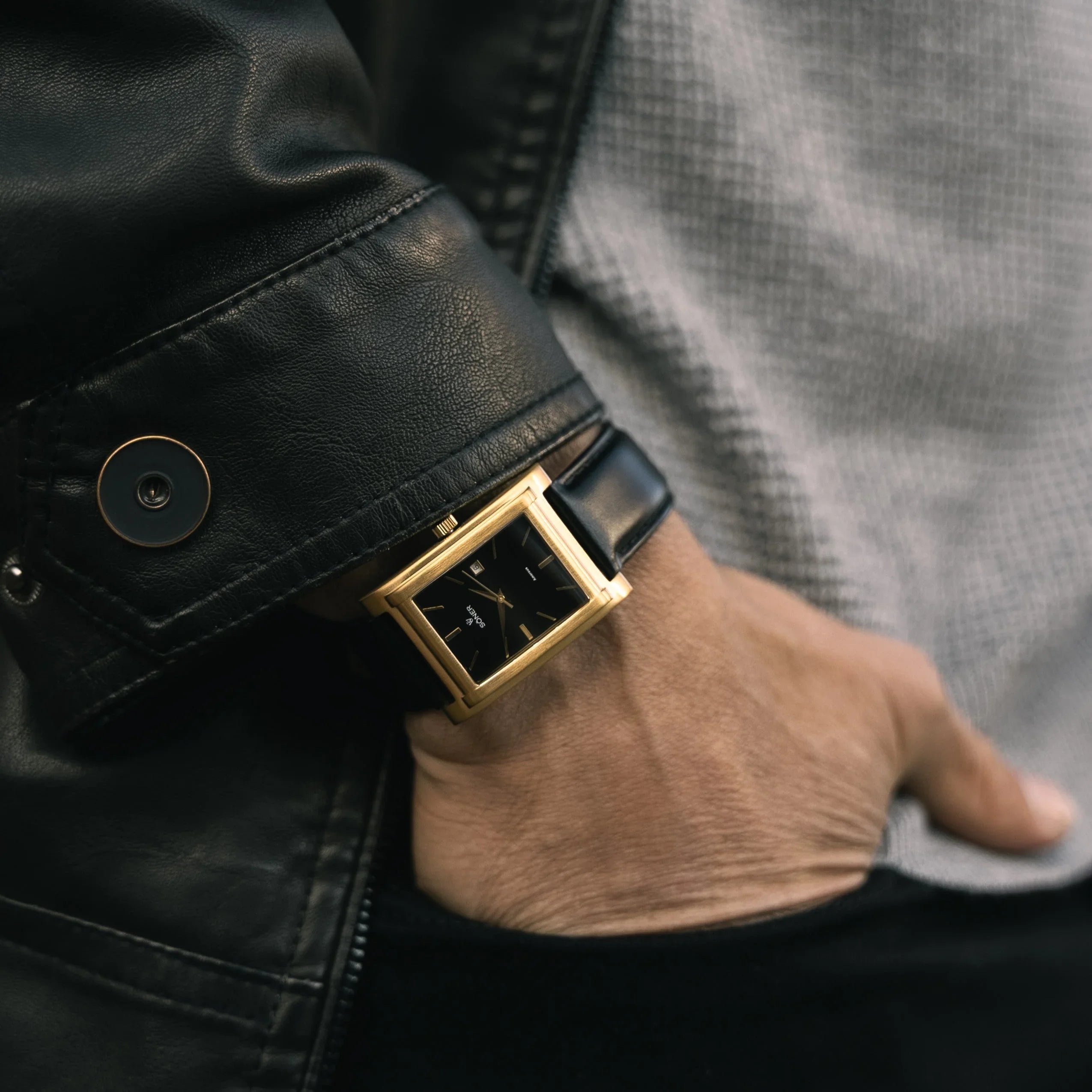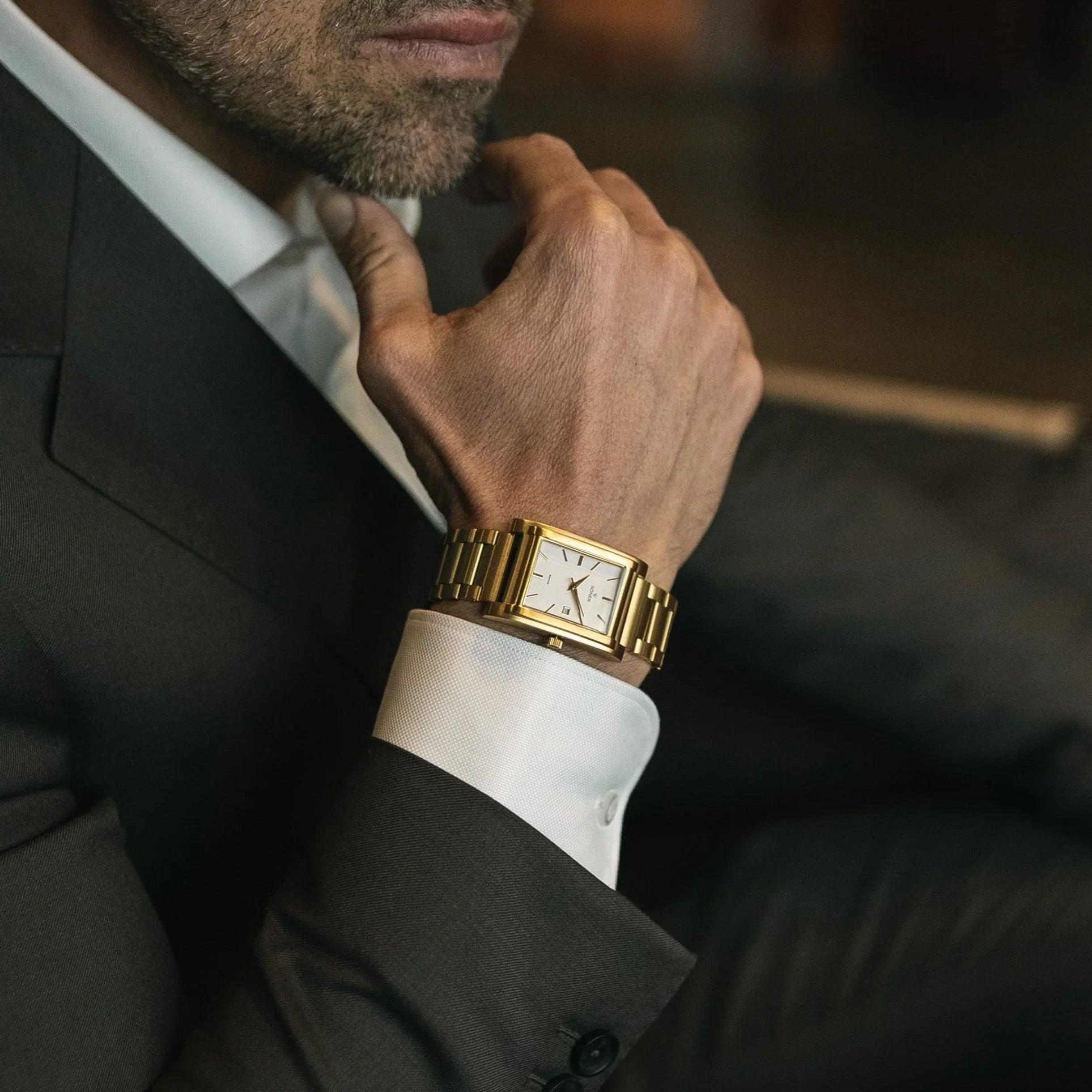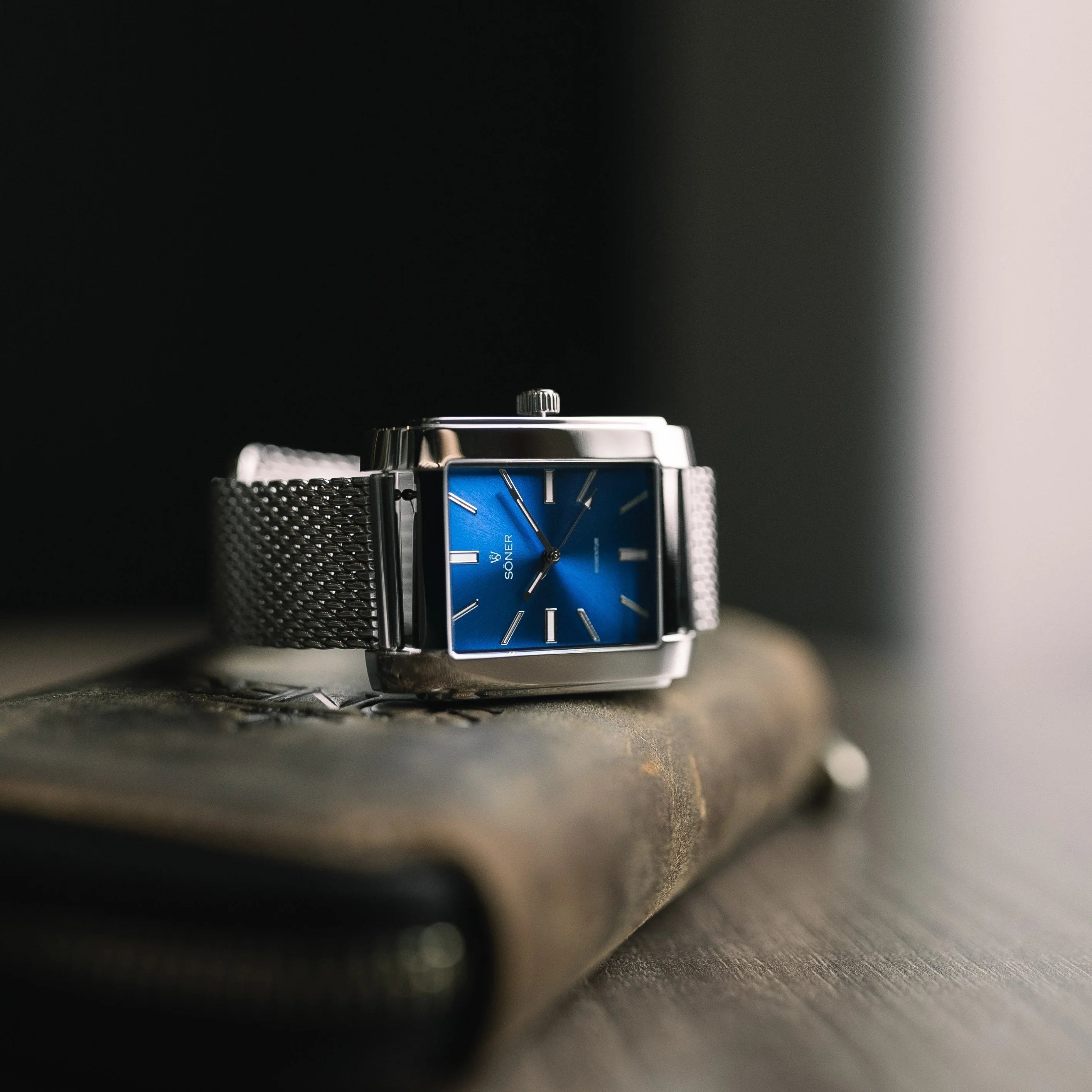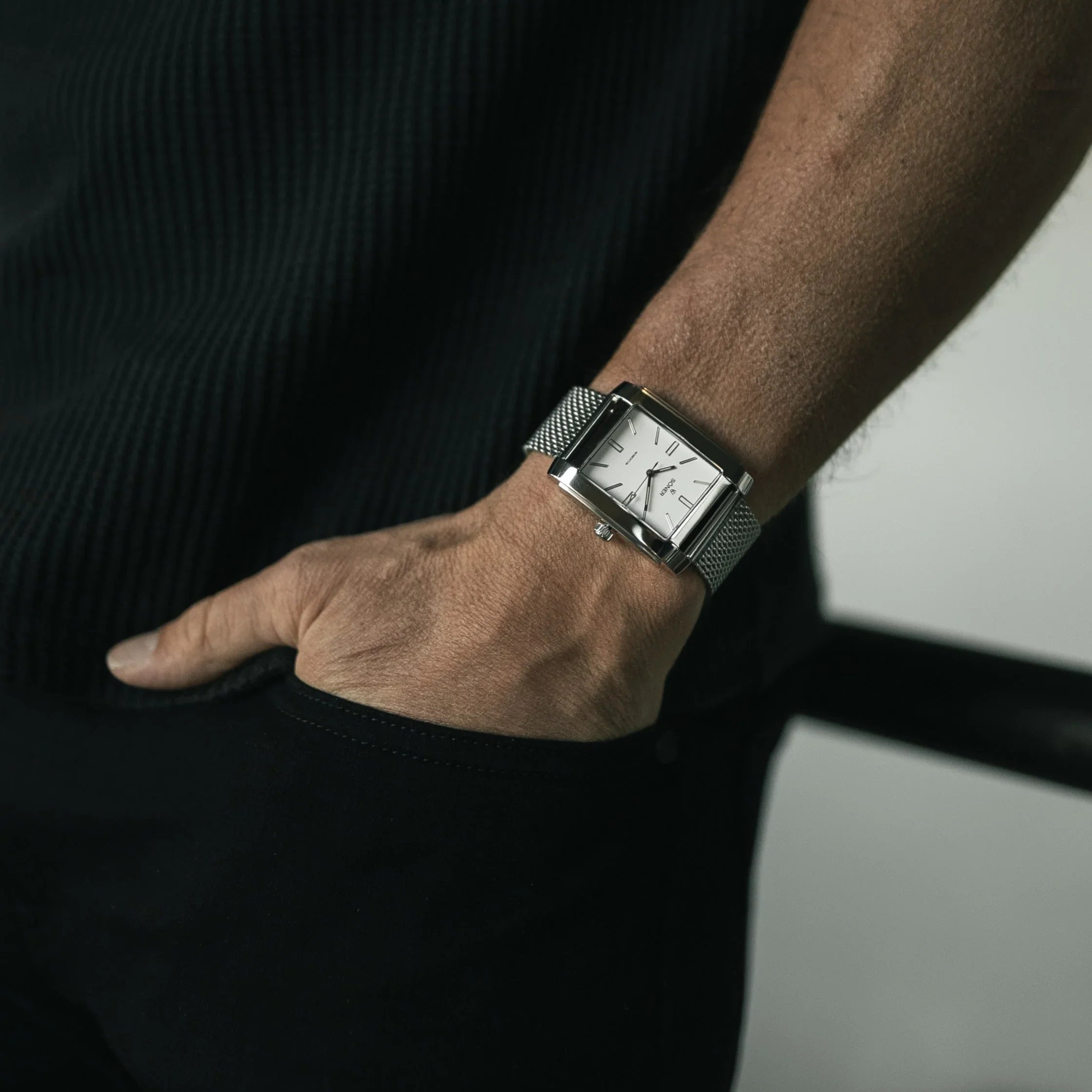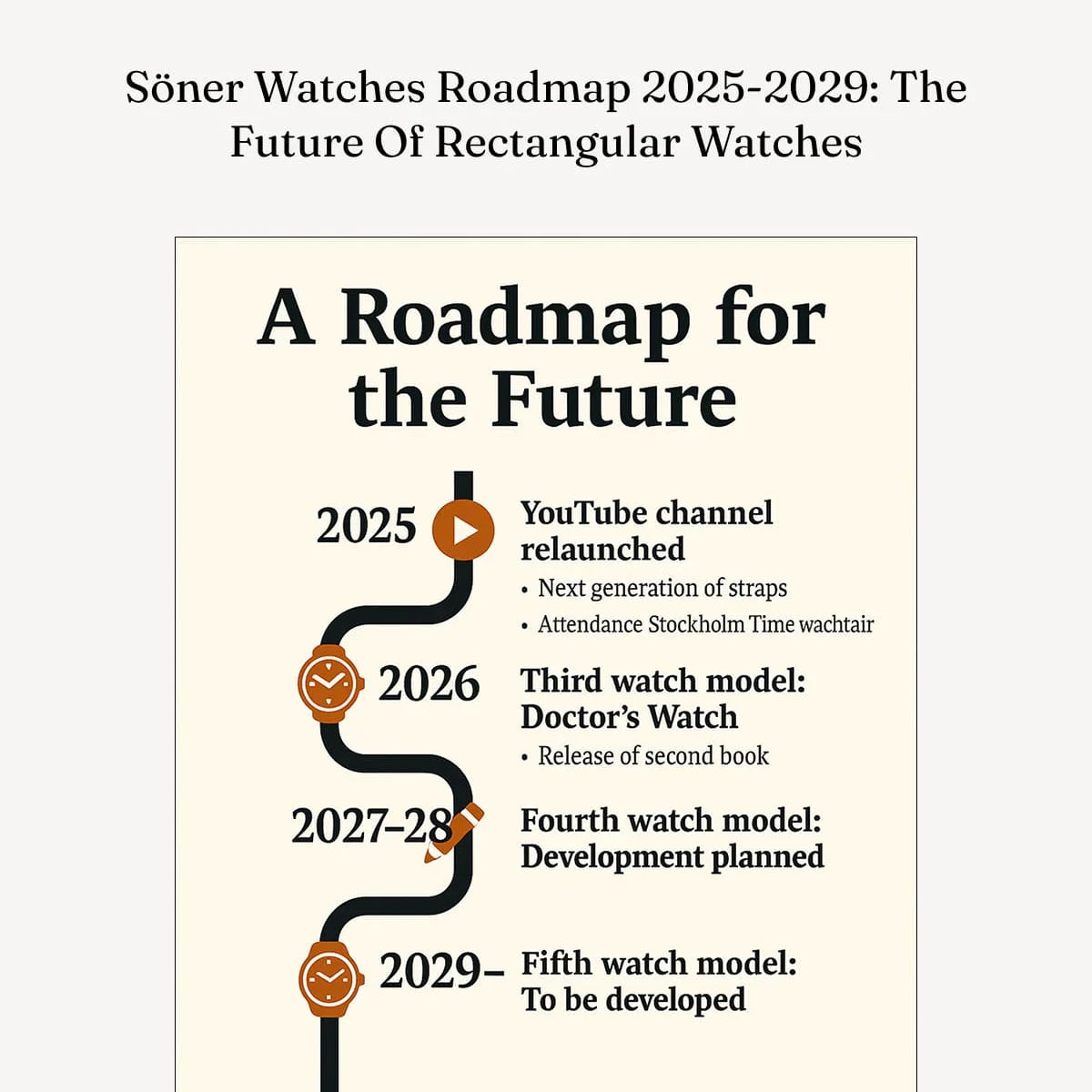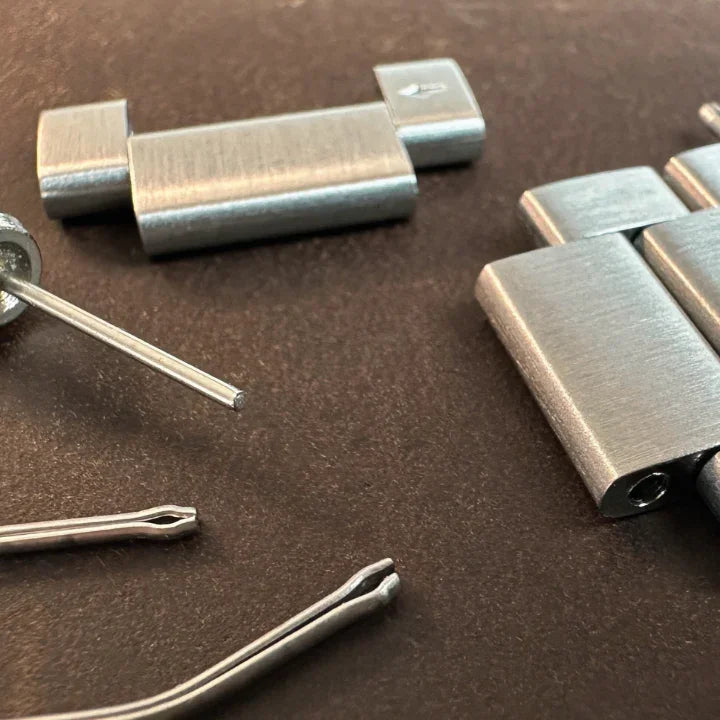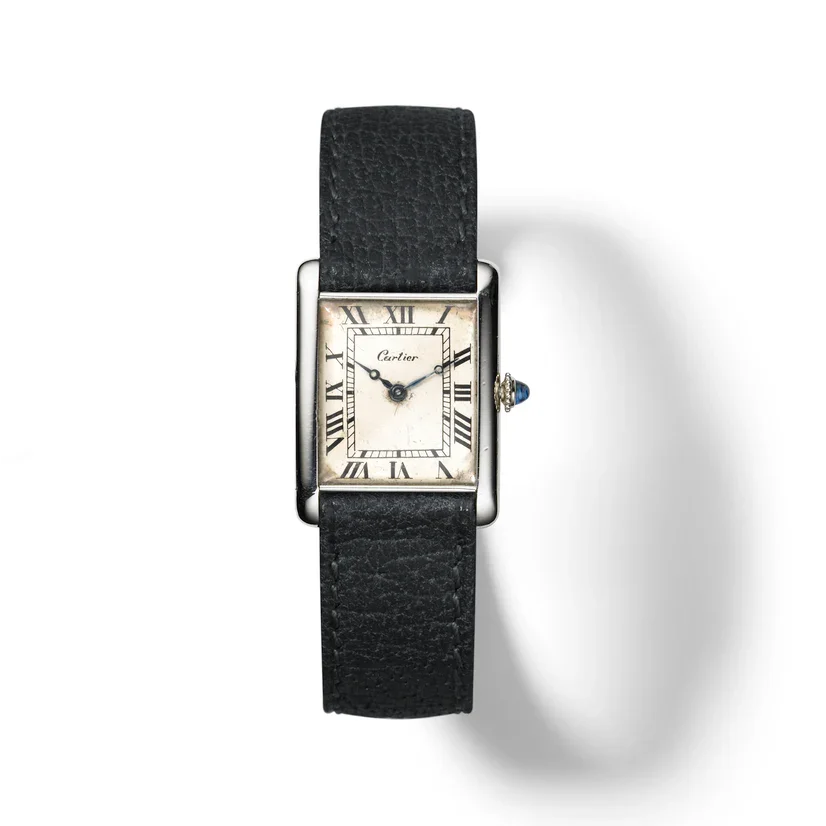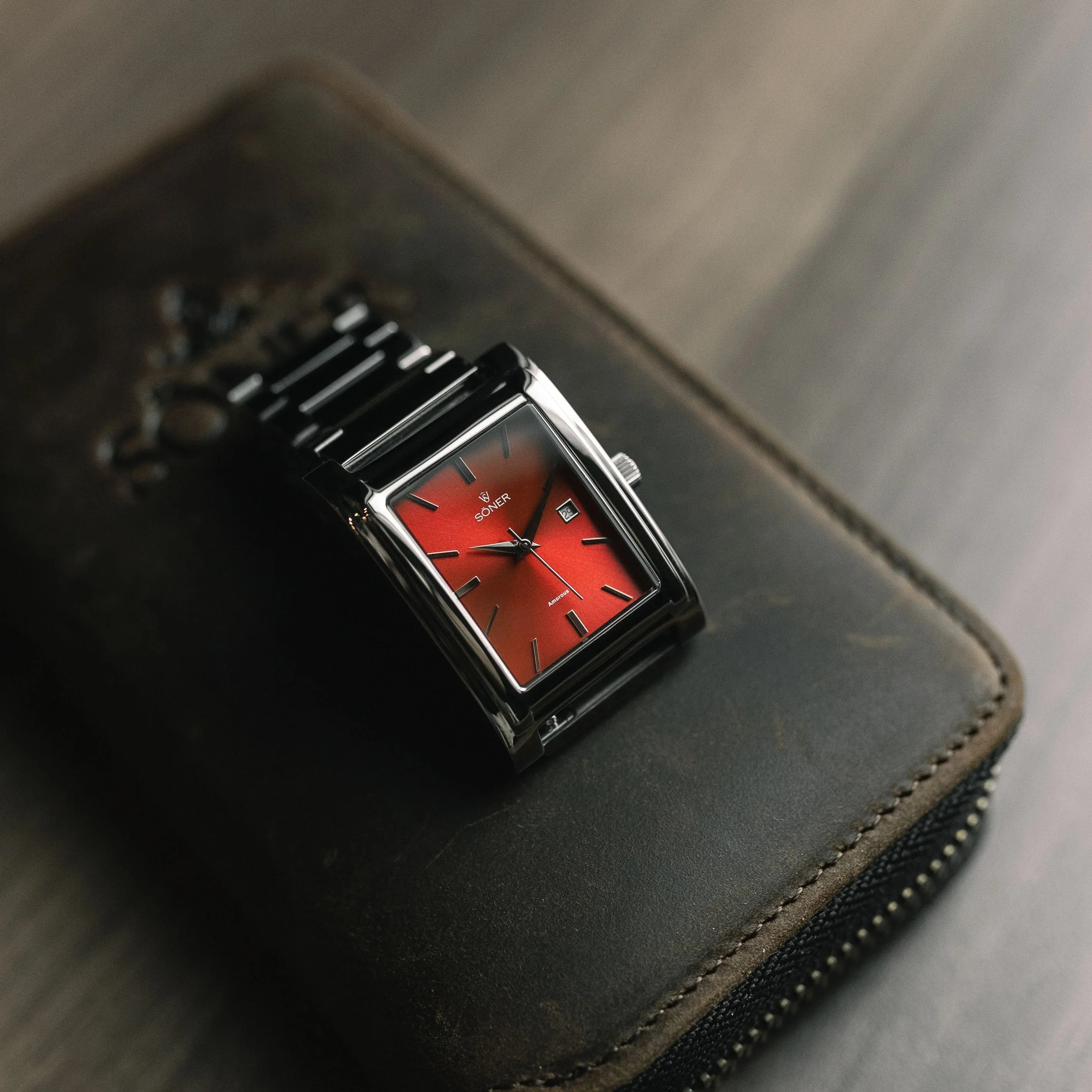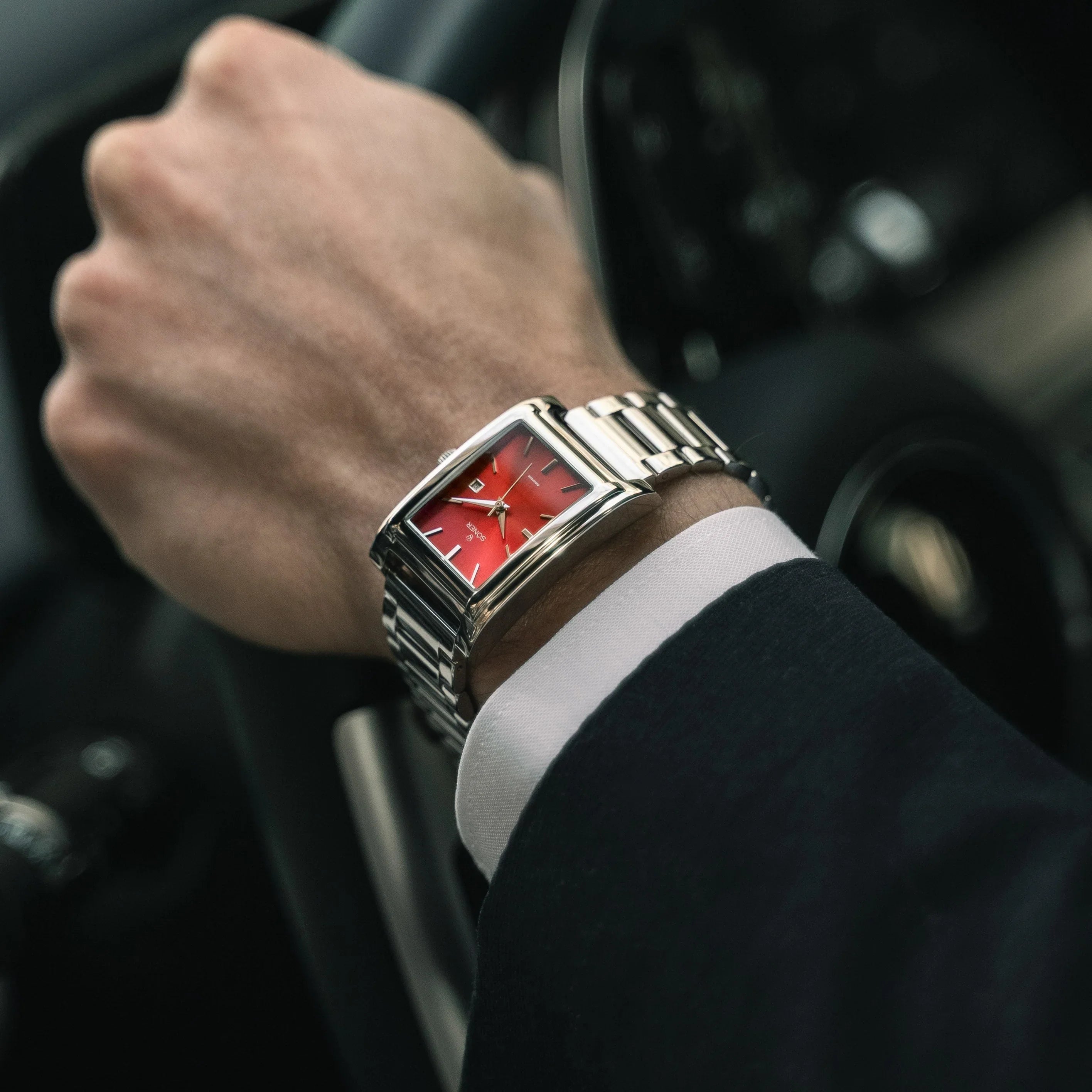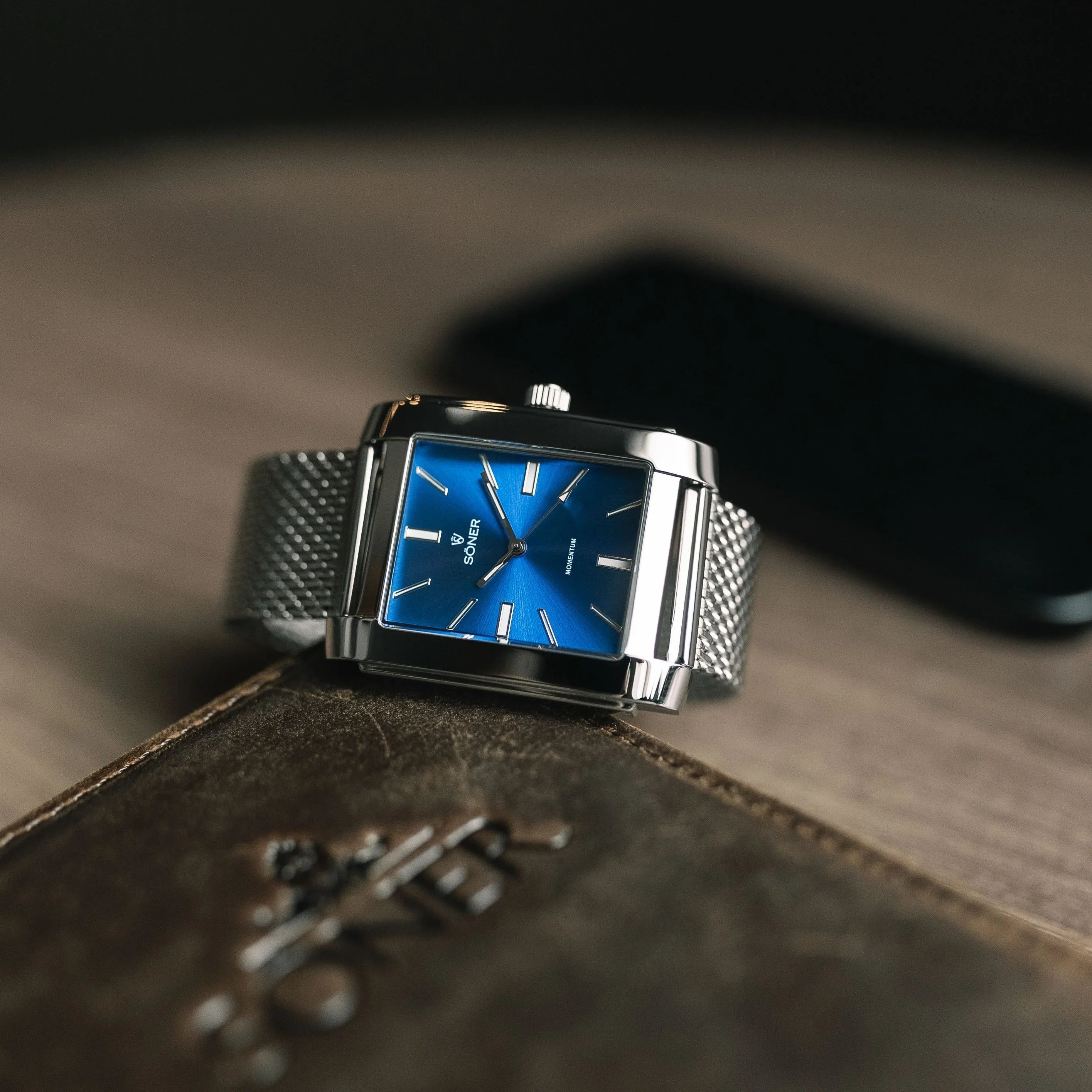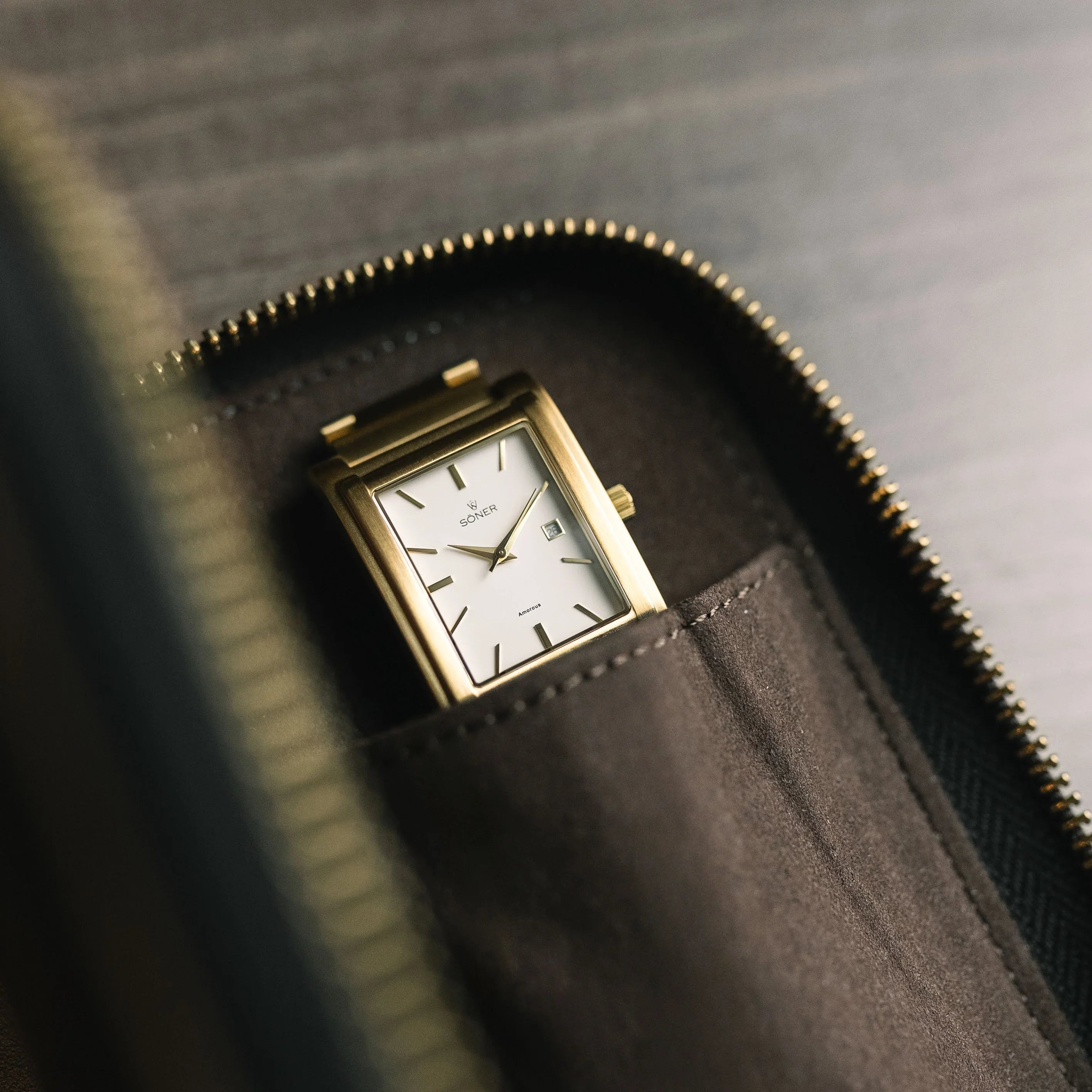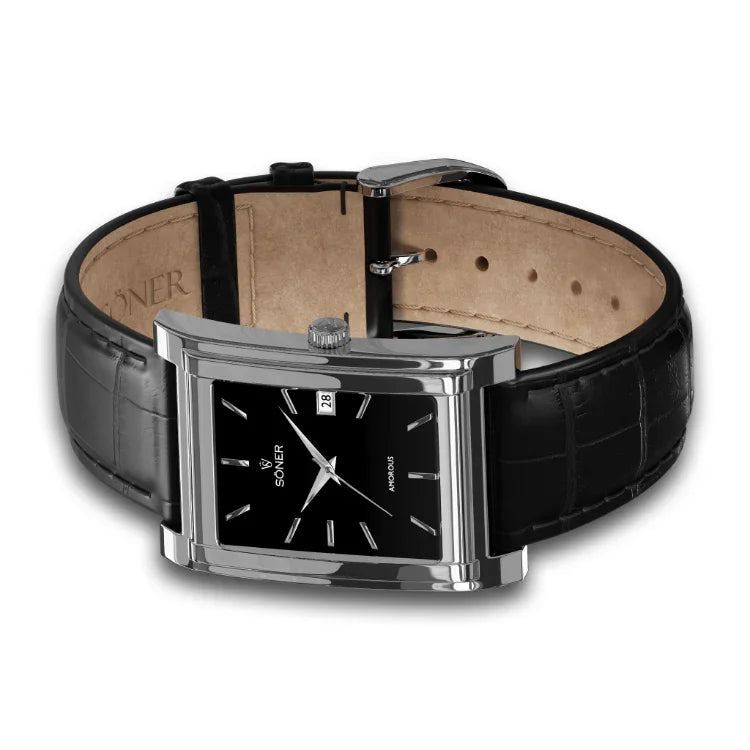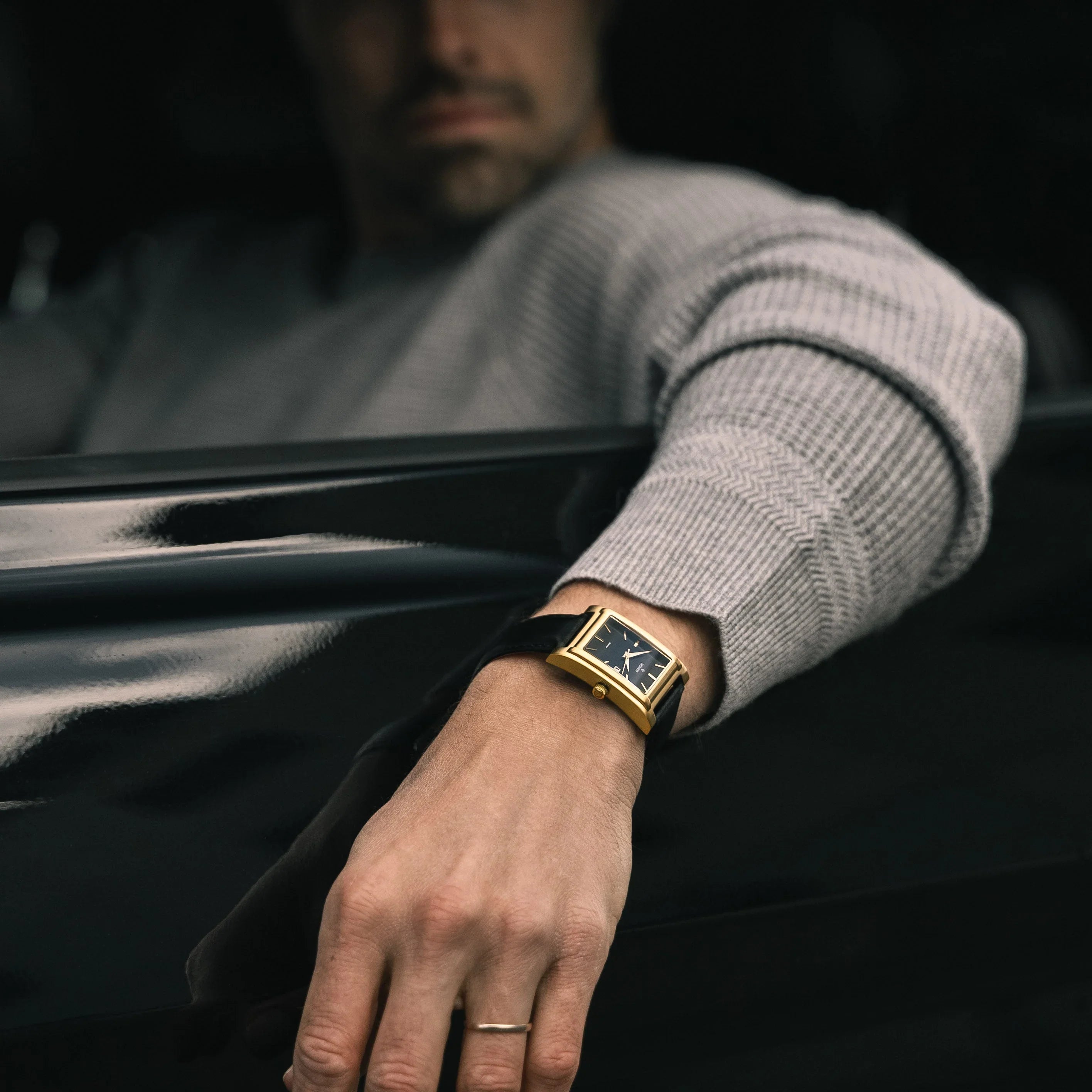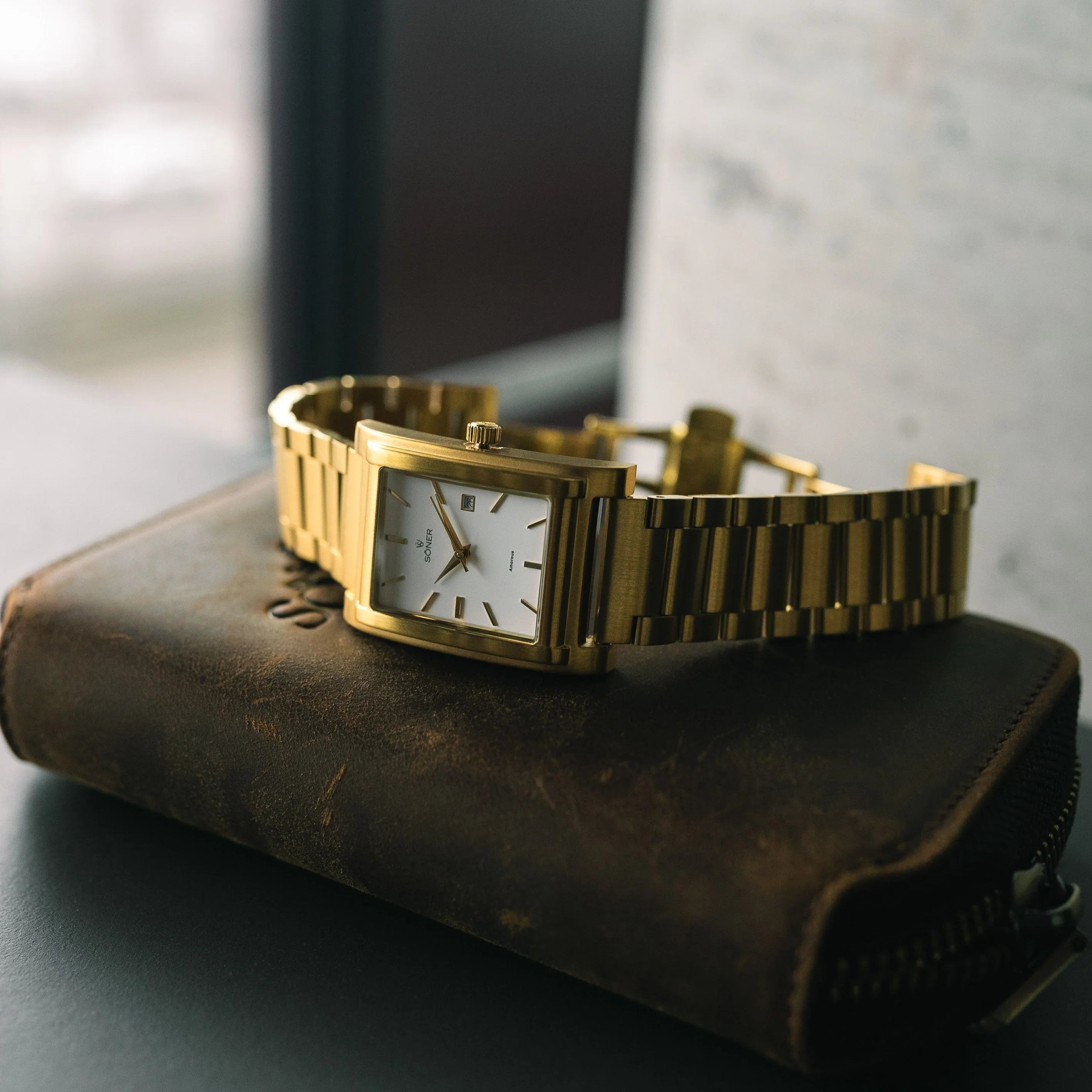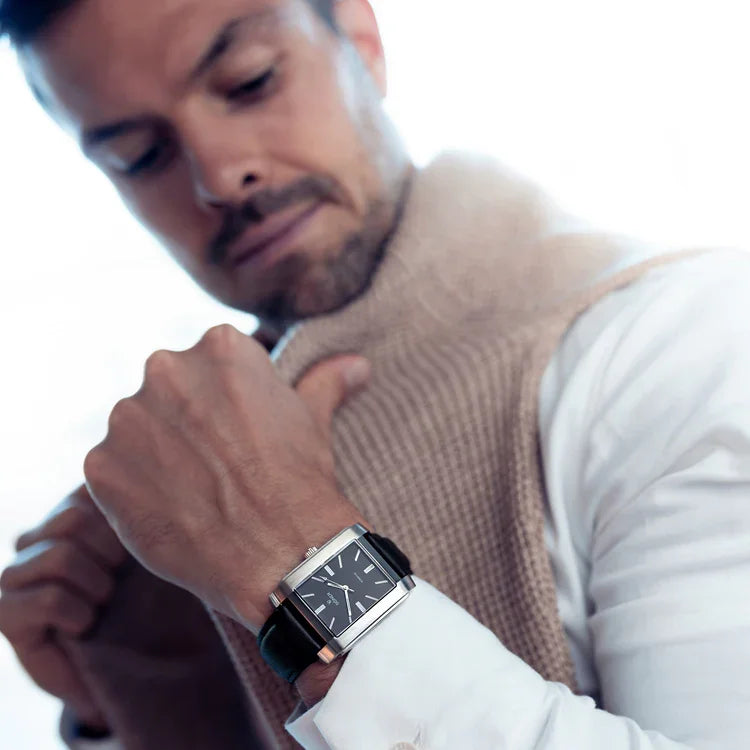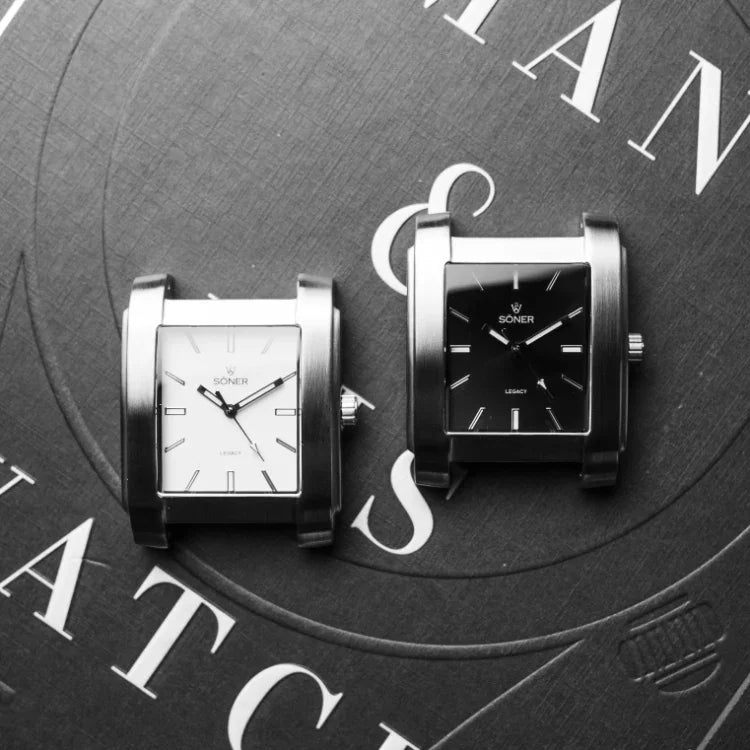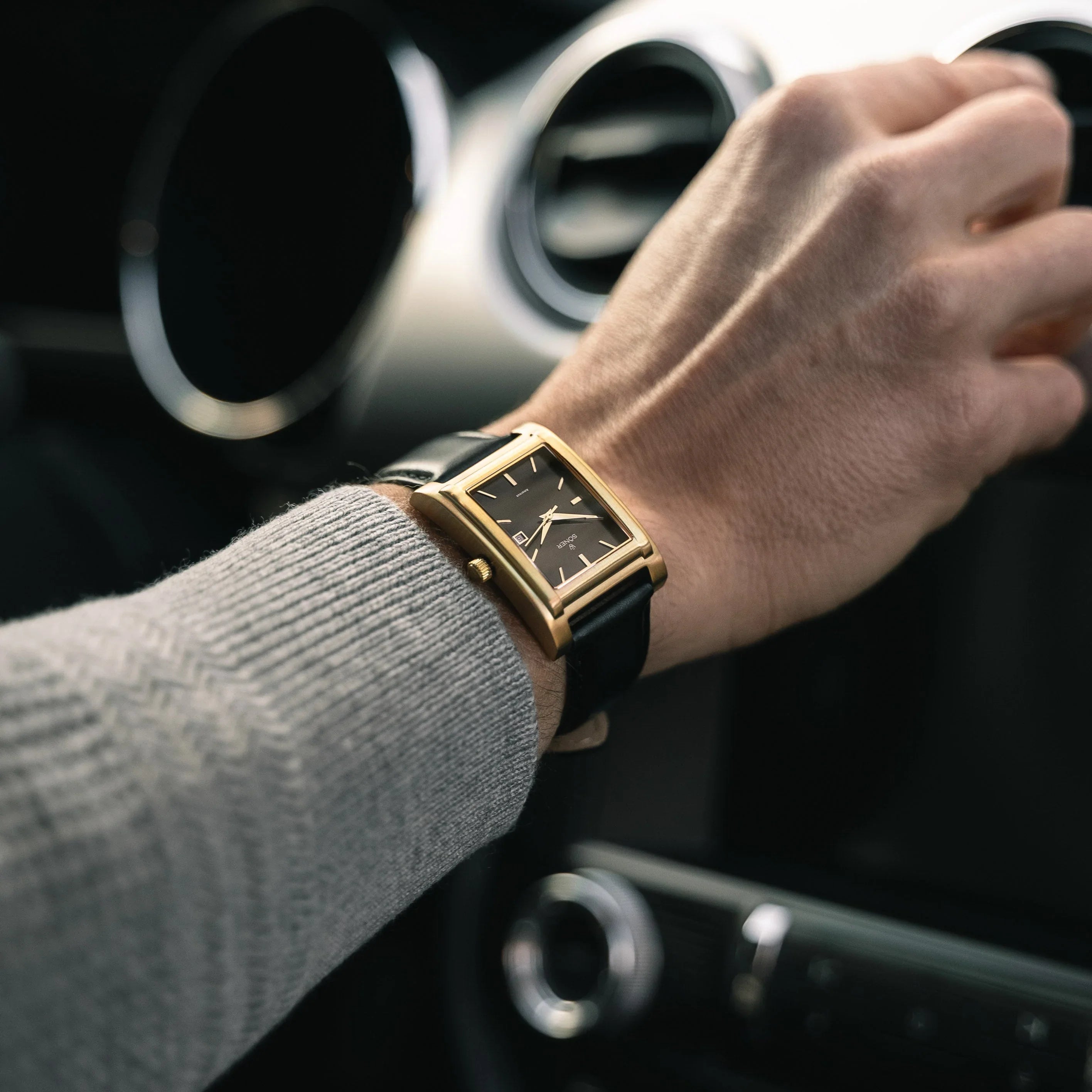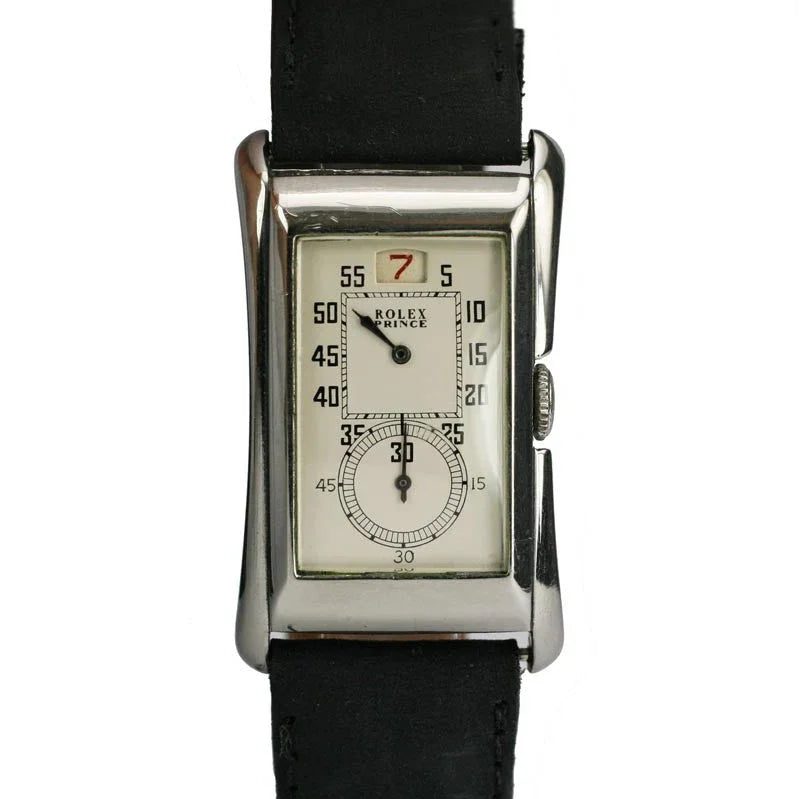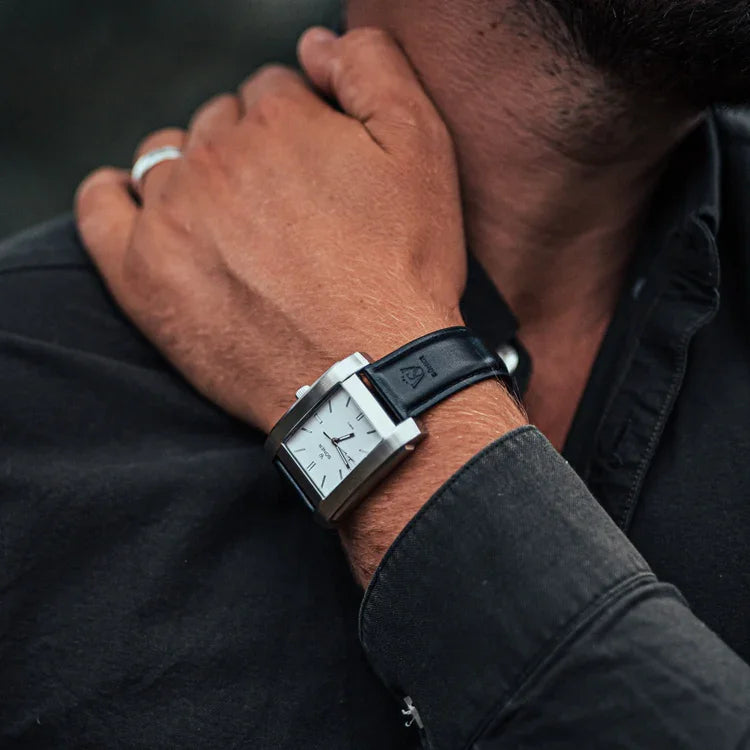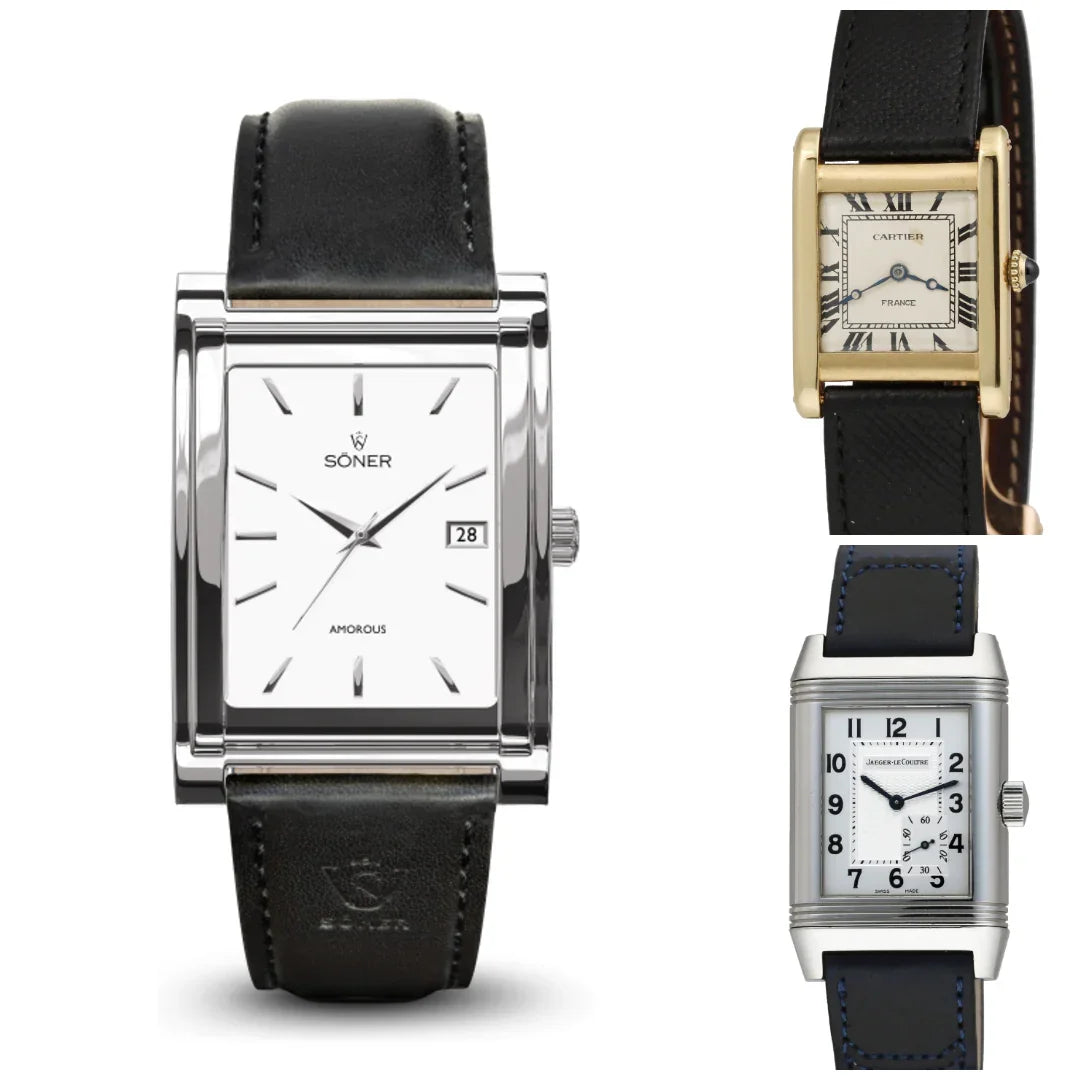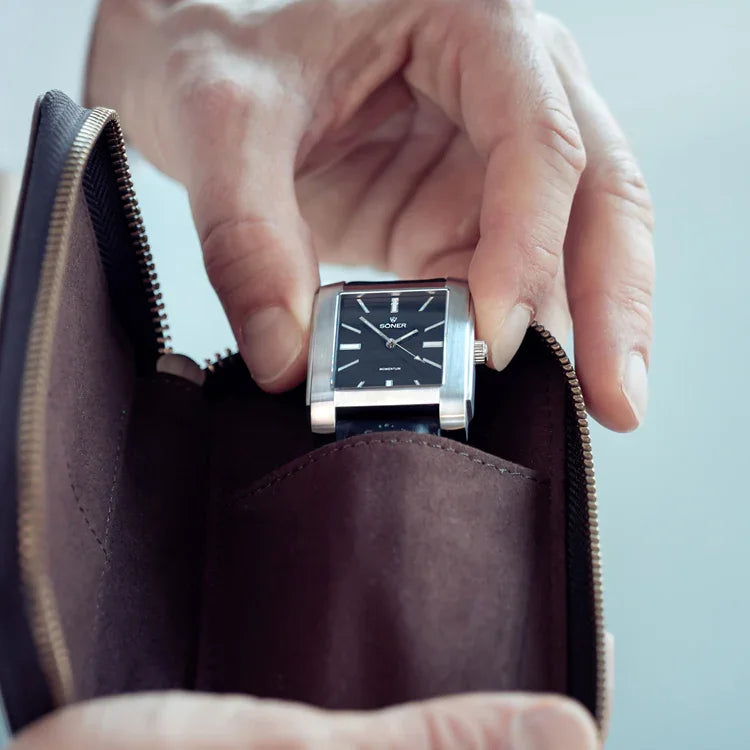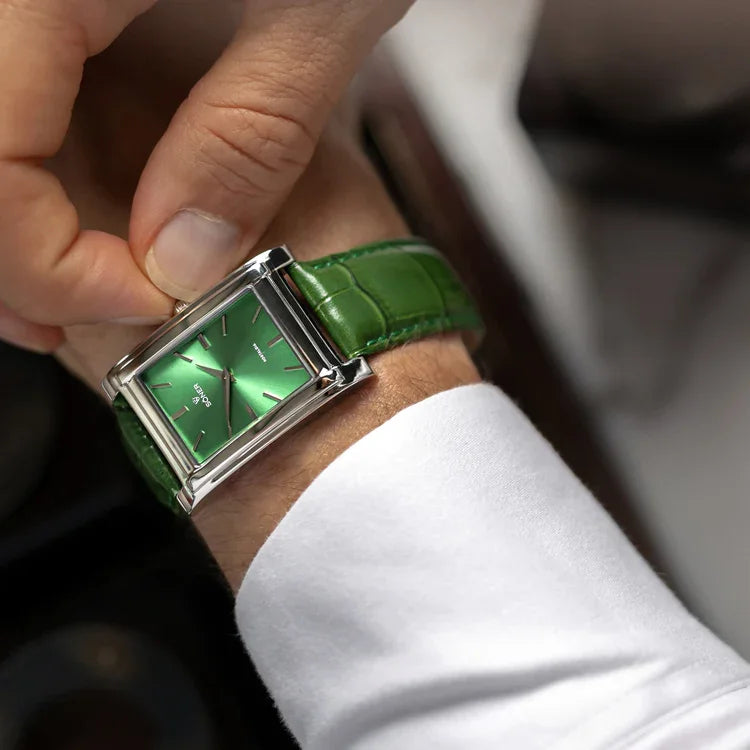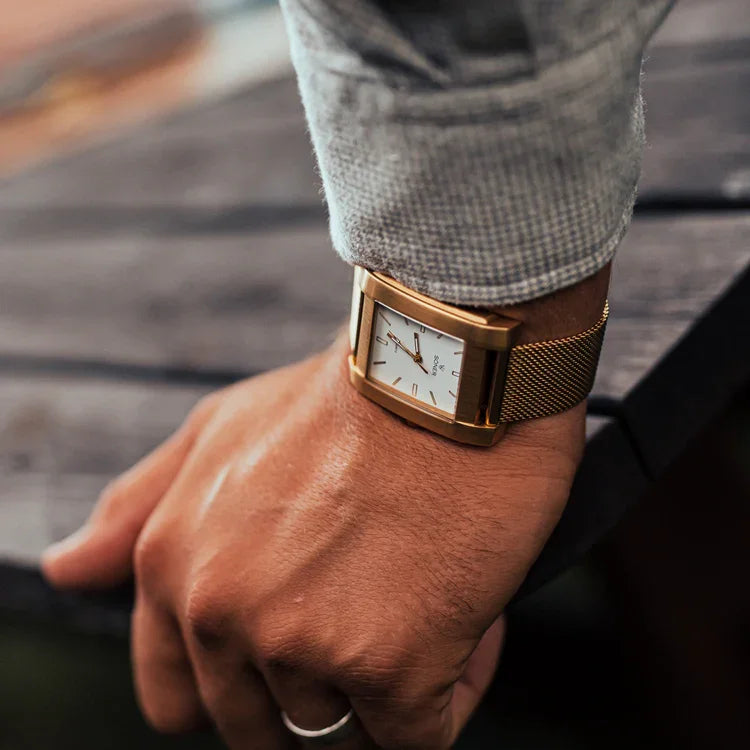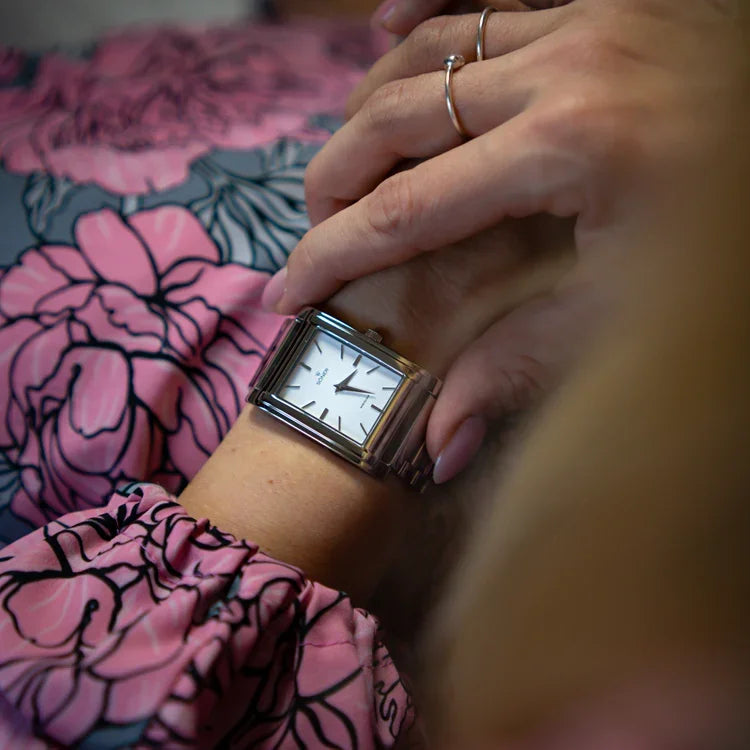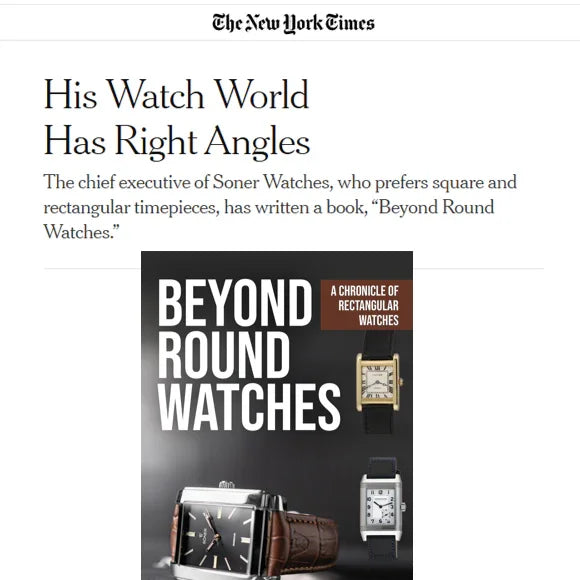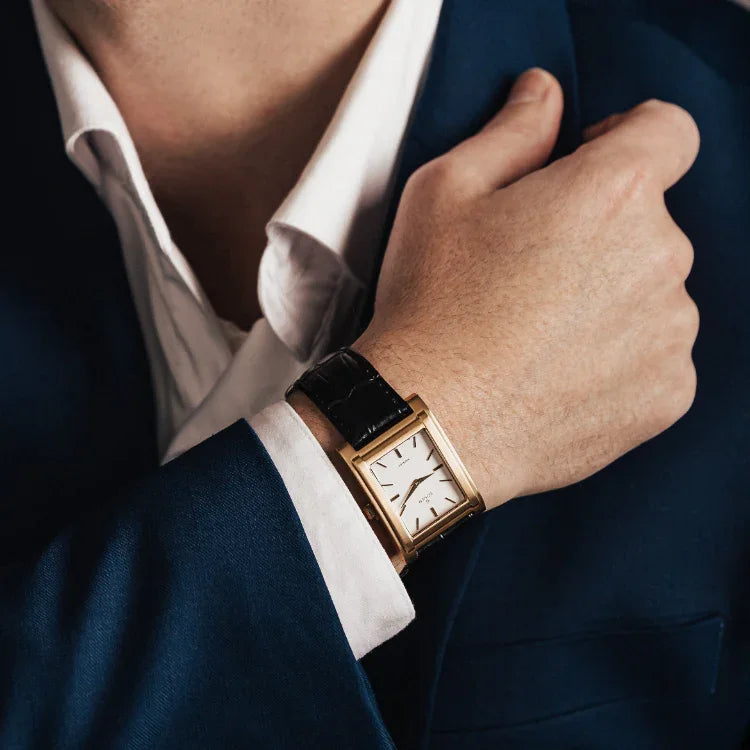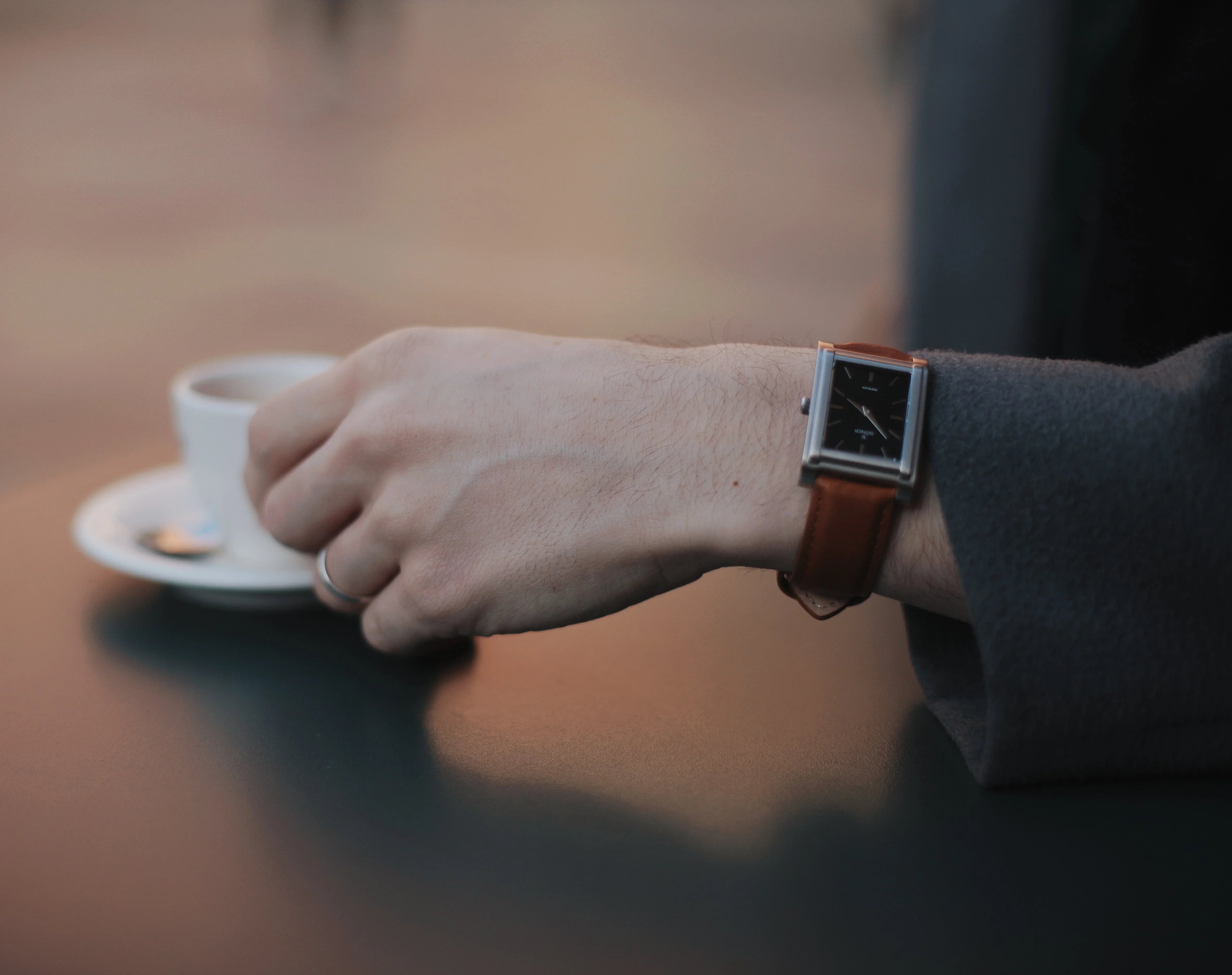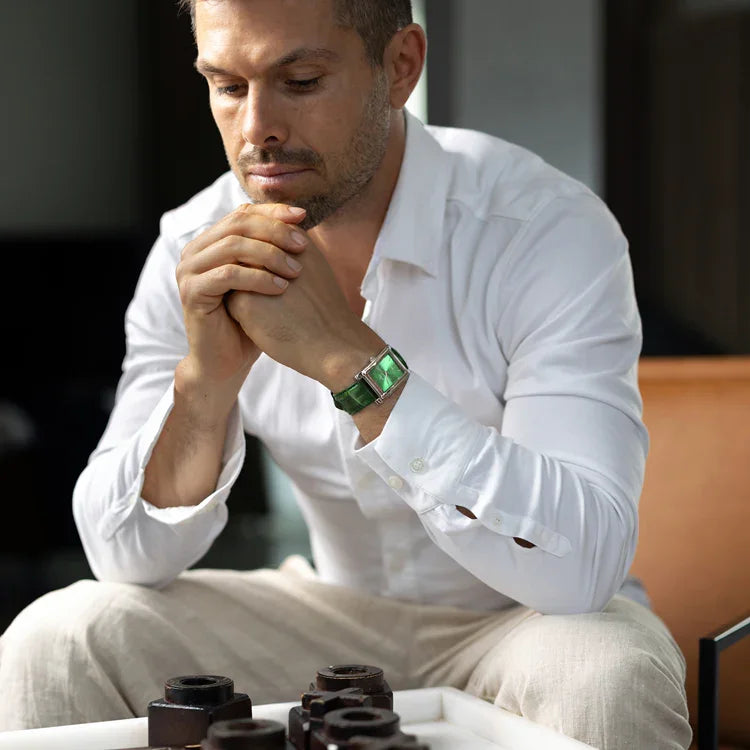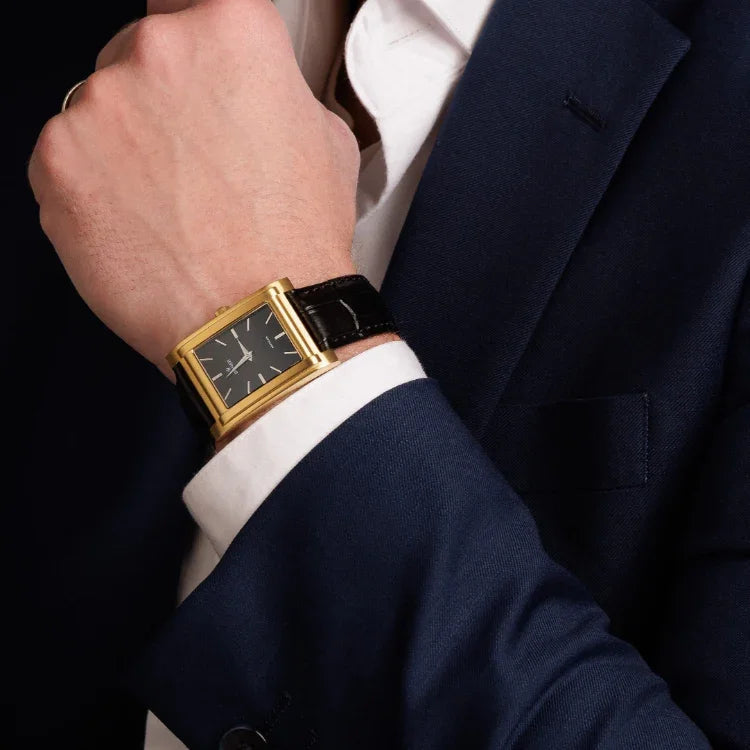Table of Contents
Understanding the Chronograph
The term "chronograph" comes from the Greek words chronos (time) and graph (writing), originally referring to devices that recorded elapsed time with a pen. Today, a chronograph refers to a watch that combines traditional timekeeping with stopwatch functionality. Its versatility makes it one of the most popular watch complications.
How Does a Chronograph Work?
-
 A chronograph operates independently from the main timekeeping mechanism of a watch. It typically features additional pushers on the side of the case and subdials on the watch face for measuring elapsed time.
A chronograph operates independently from the main timekeeping mechanism of a watch. It typically features additional pushers on the side of the case and subdials on the watch face for measuring elapsed time.
Key Components of a Chronograph
- Pushers: Buttons located on the side of the case control the chronograph function. One pusher starts and stops the timing, while another resets it.
- Chronograph Seconds Hand: A large central hand that sweeps the dial to measure elapsed seconds.
- Subdials: Smaller dials typically measure minutes, hours, or fractions of a second.
Types of Chronographs
- Simple Chronograph: Offers basic start, stop, and reset functions.
- Flyback Chronograph: Allows the chronograph to be reset and restarted with a single press, ideal for timing consecutive events.
-
Split-Second Chronograph: Features an additional seconds hand to measure multiple intervals simultaneously, commonly used in sports timing.

How to Use a Chronograph
Basic Usage
- Press the start pusher to begin timing.
- Press the same pusher again to stop the timing.
- Press the reset pusher to return the chronograph hands to zero.
Practical Applications
- Sports Timing: Use the chronograph to measure lap times or track performance in races.
- Aviation: Pilots use chronographs to calculate flight time or fuel consumption.
- Motorsports: Track split-second intervals in races or measure average speed using a tachymeter scale.
- Everyday Use: Measure short intervals, like cooking times or parking durations, with ease and precision.
The History of the Chronograph
The chronograph was invented in 1816 by Louis Moinet, initially designed for tracking astronomical movements. It gained popularity in the 19th century when Nicolas Mathieu Rieussec created a chronograph to time horse races. Over the years, the chronograph has evolved, becoming an indispensable tool in various fields, from aviation to automotive racing.
Chronograph Features to Look For
- Legibility: Ensure the dial layout is clear, with distinct subdials and markings for easy reading.
- Pushers: Look for well-engineered pushers that provide smooth operation.
- Material: High-quality materials like stainless steel or ceramic enhance durability and style.
- Additional Functions: Some chronographs include tachymeters, pulsometers, or slide rule bezels for extra functionality.
Why Choose a Chronograph?
Chronographs are not just functional but also add a sporty and dynamic aesthetic to any watch. They are ideal for individuals who value versatility, precision, and the historical significance of horological complications. Whether you’re a pilot, racer, or casual enthusiast, a chronograph watch offers both practicality and style.
The chronograph is a testament to the ingenuity of watchmakers, blending form and function into a single, versatile complication. From timing laps on the racetrack to adding a touch of sophistication to your wrist, a chronograph watch is an investment in both utility and style.
Explore our collection of rectangular watches for designs that combine timeless elegance with advanced functionality.

The founder of Söner Watches is a published author on the history and evolution of timepieces, with a focus on rectangular and square designs. His expertise shapes Söner's unique dedication to creating timepieces that blend heritage with innovation.
